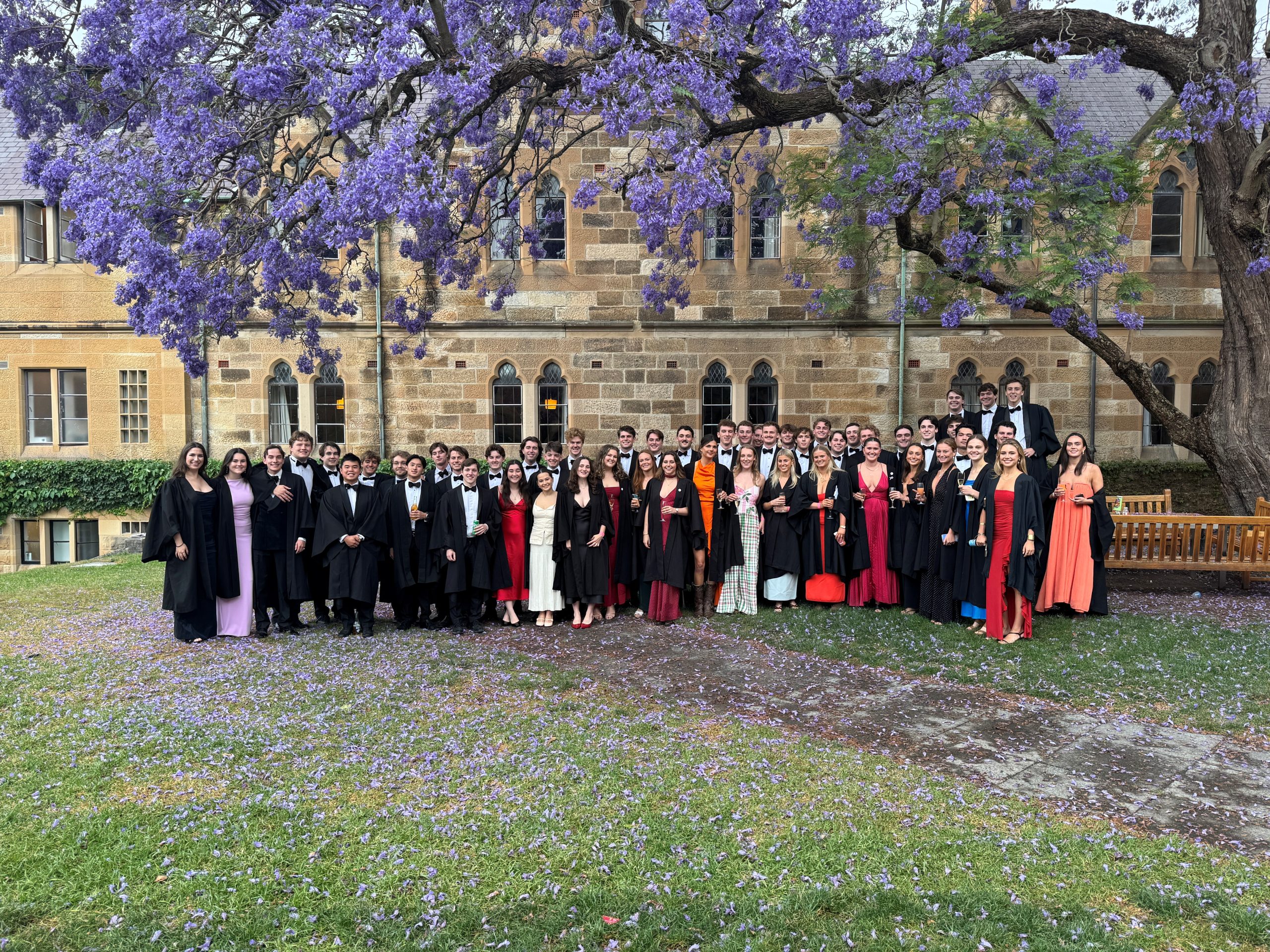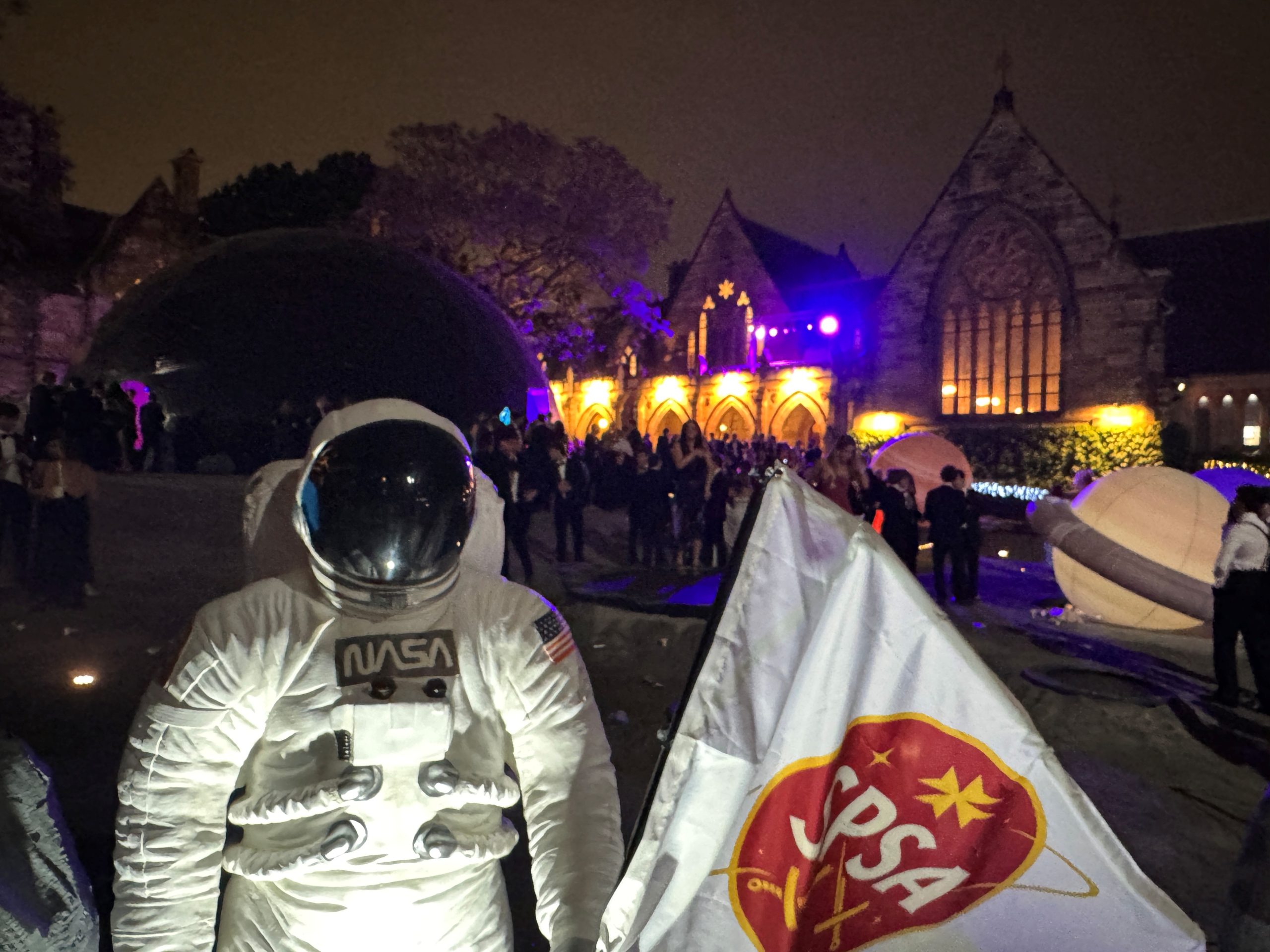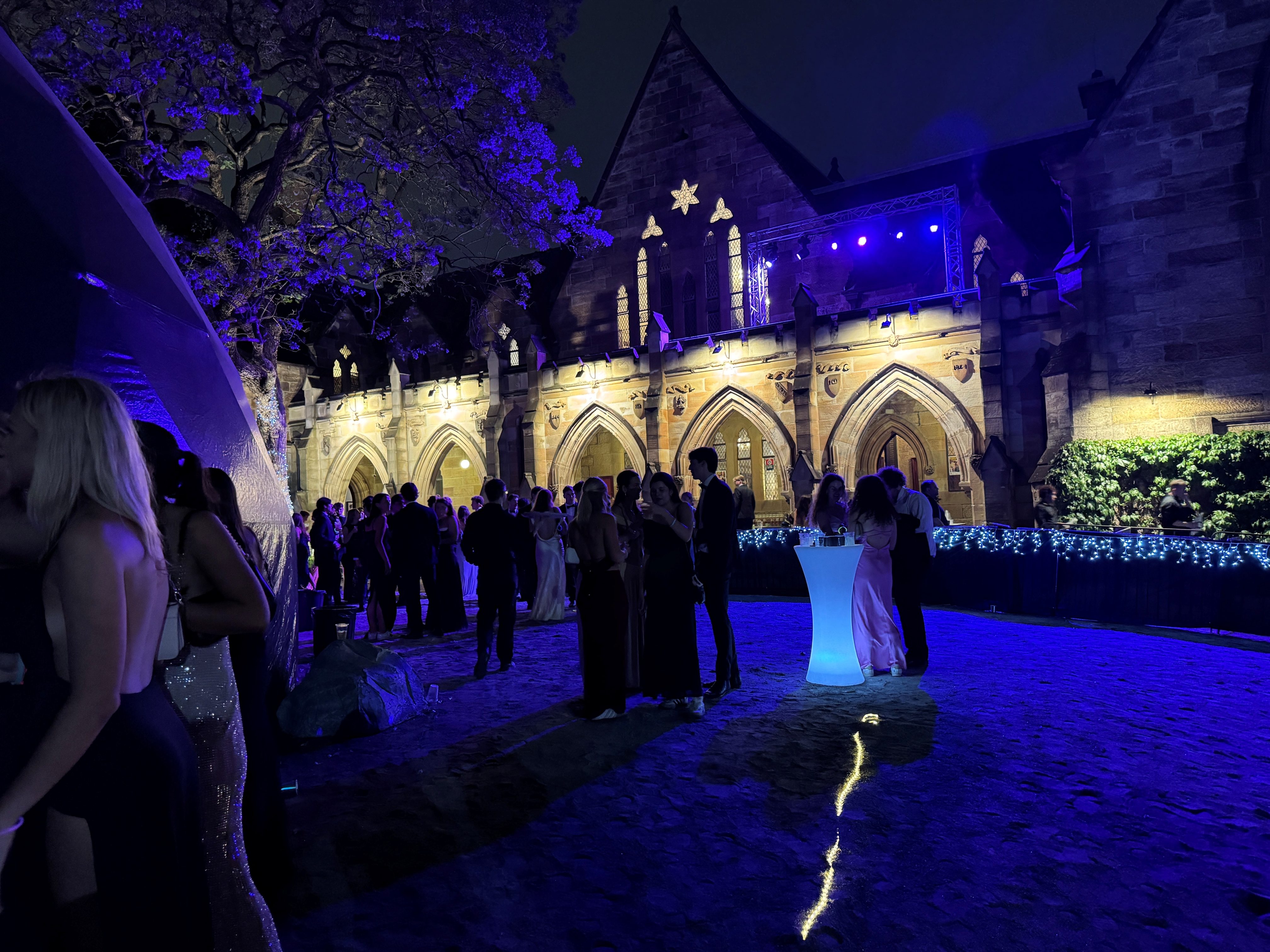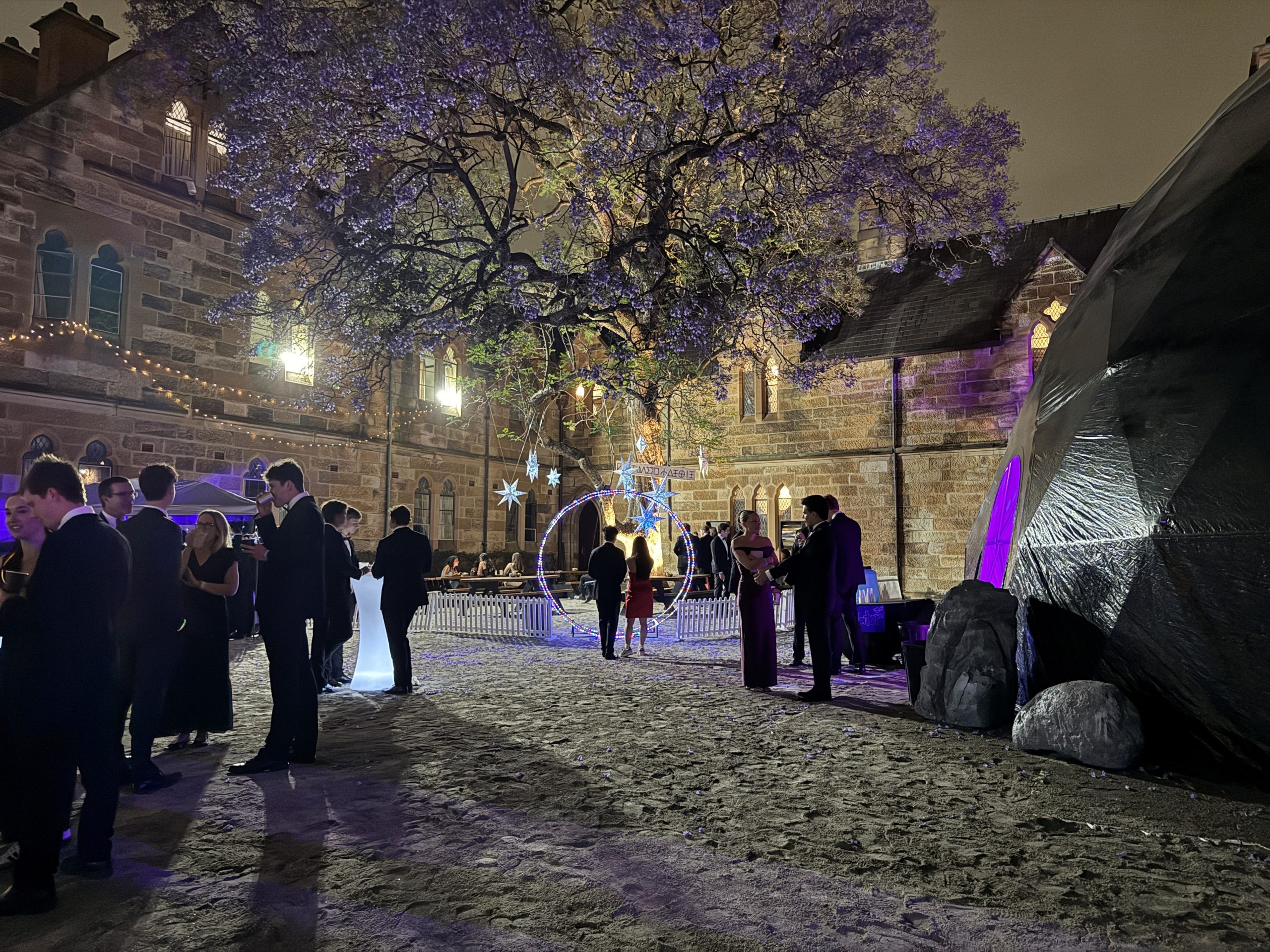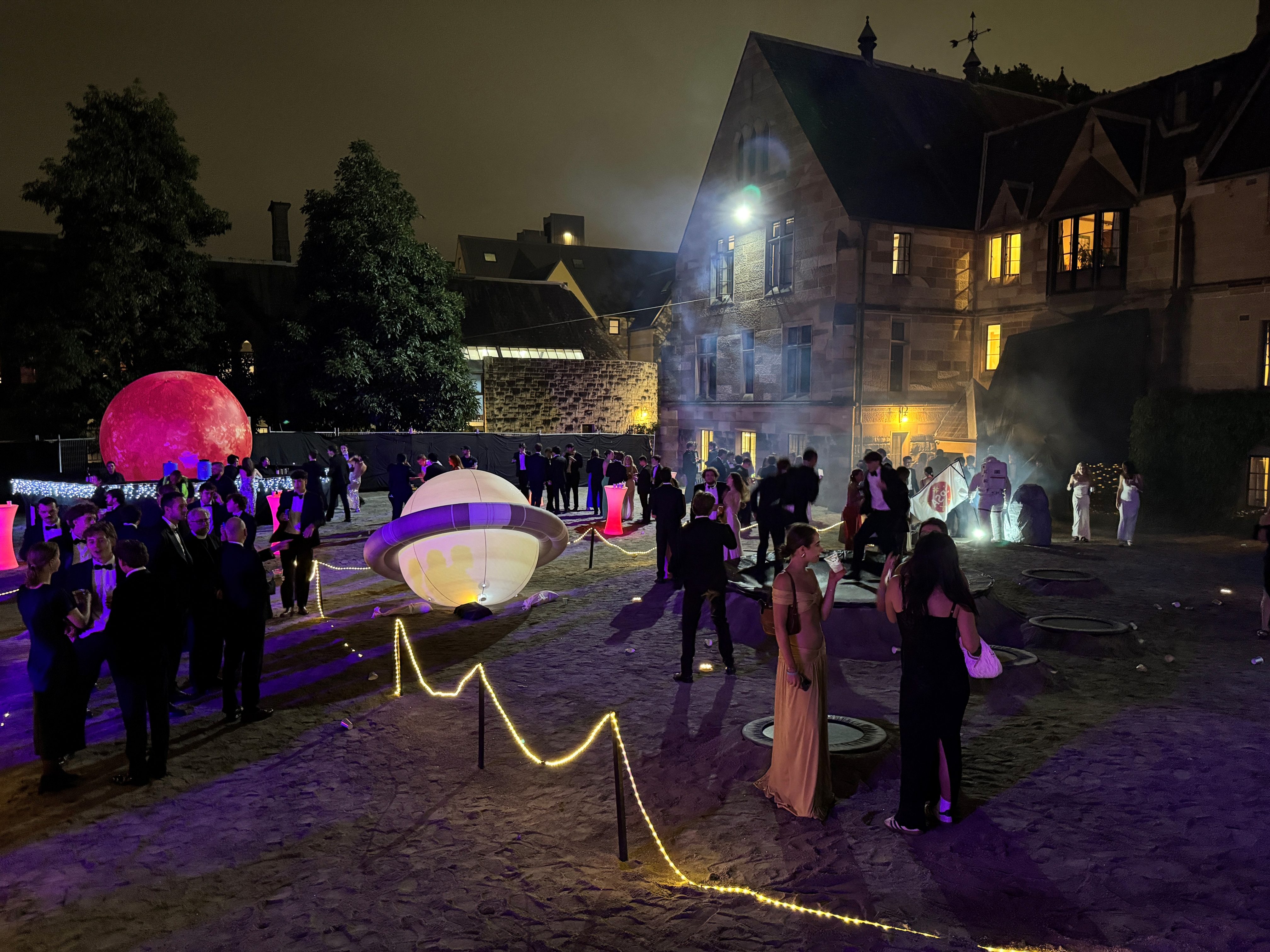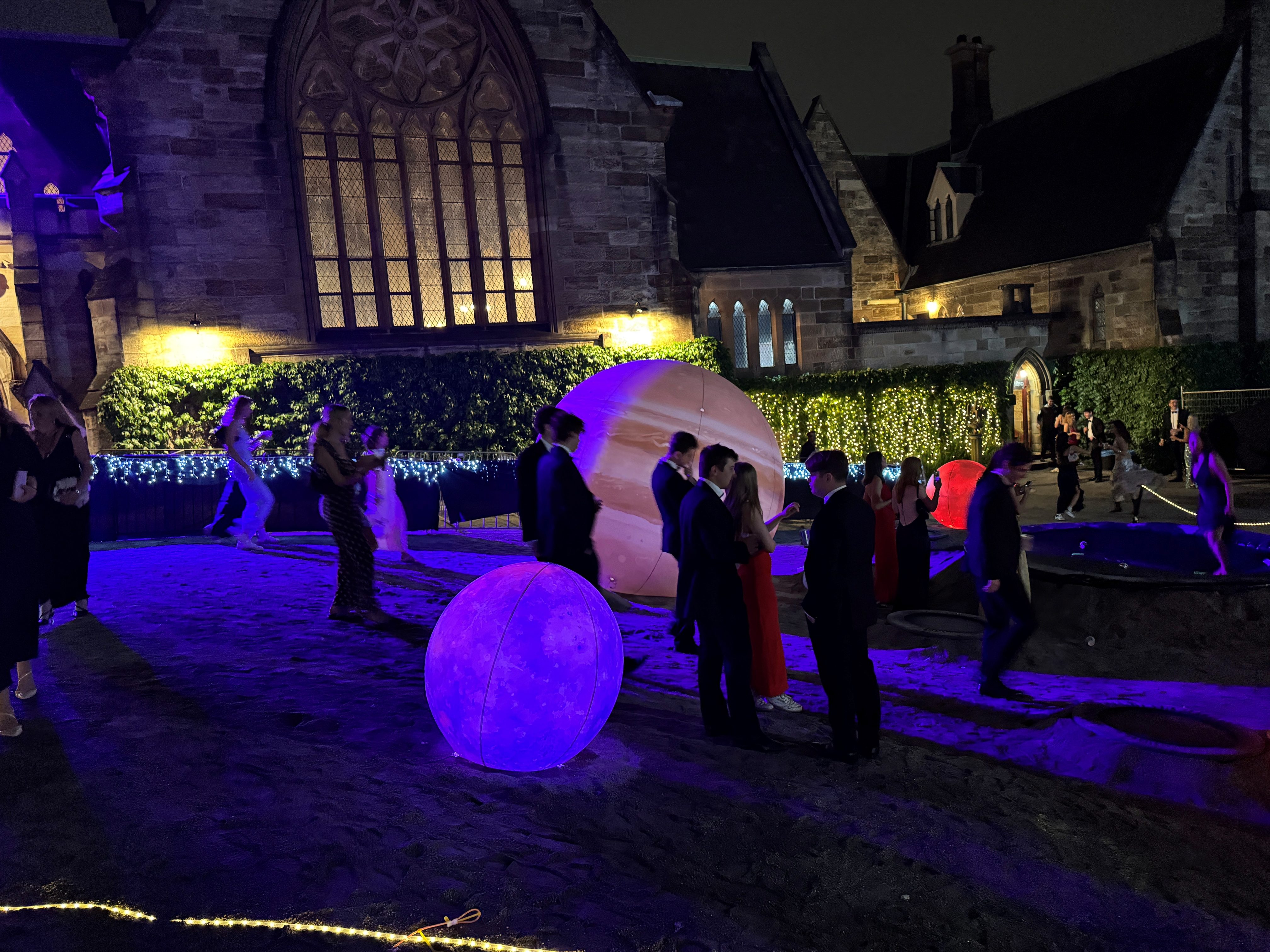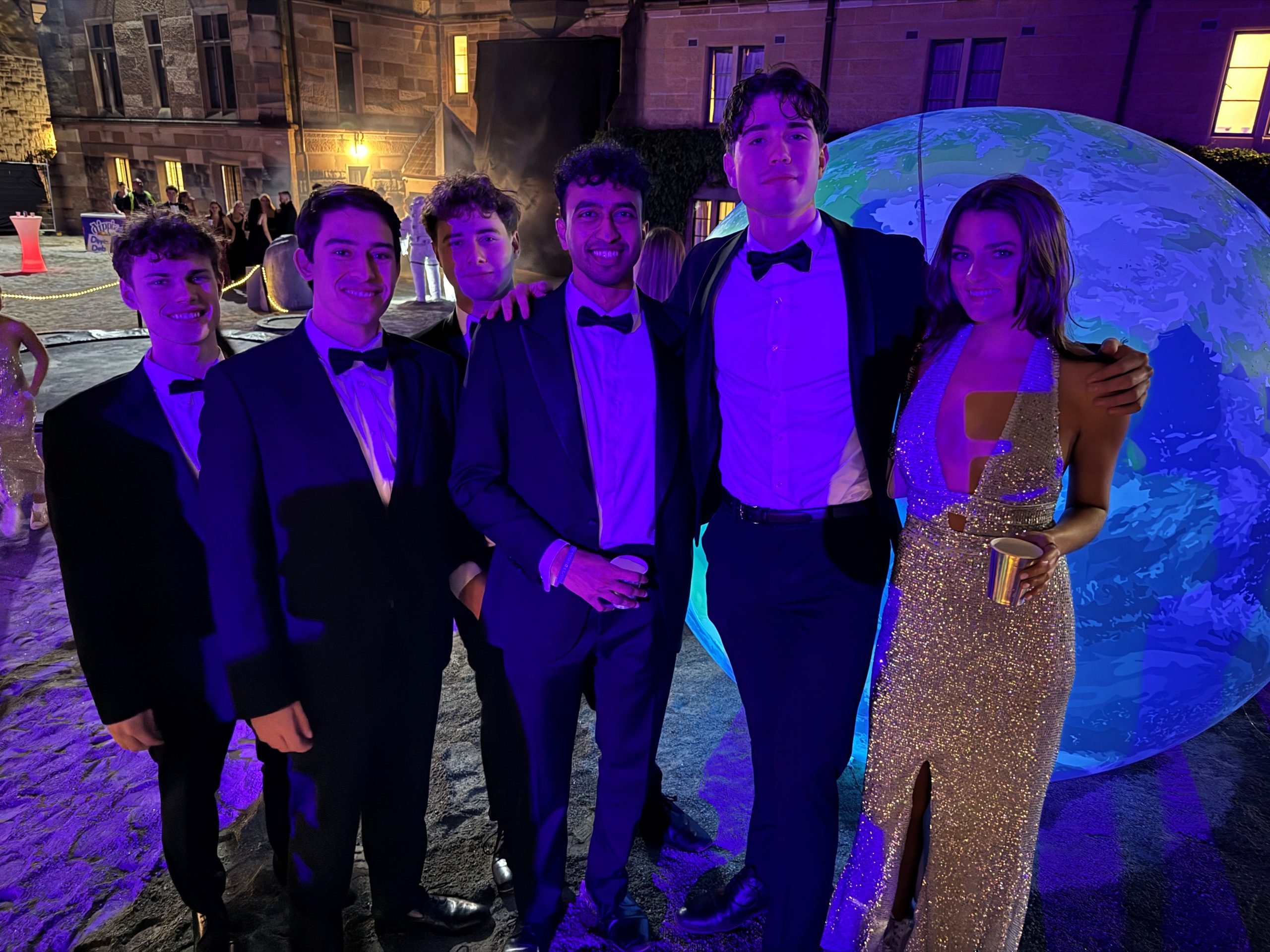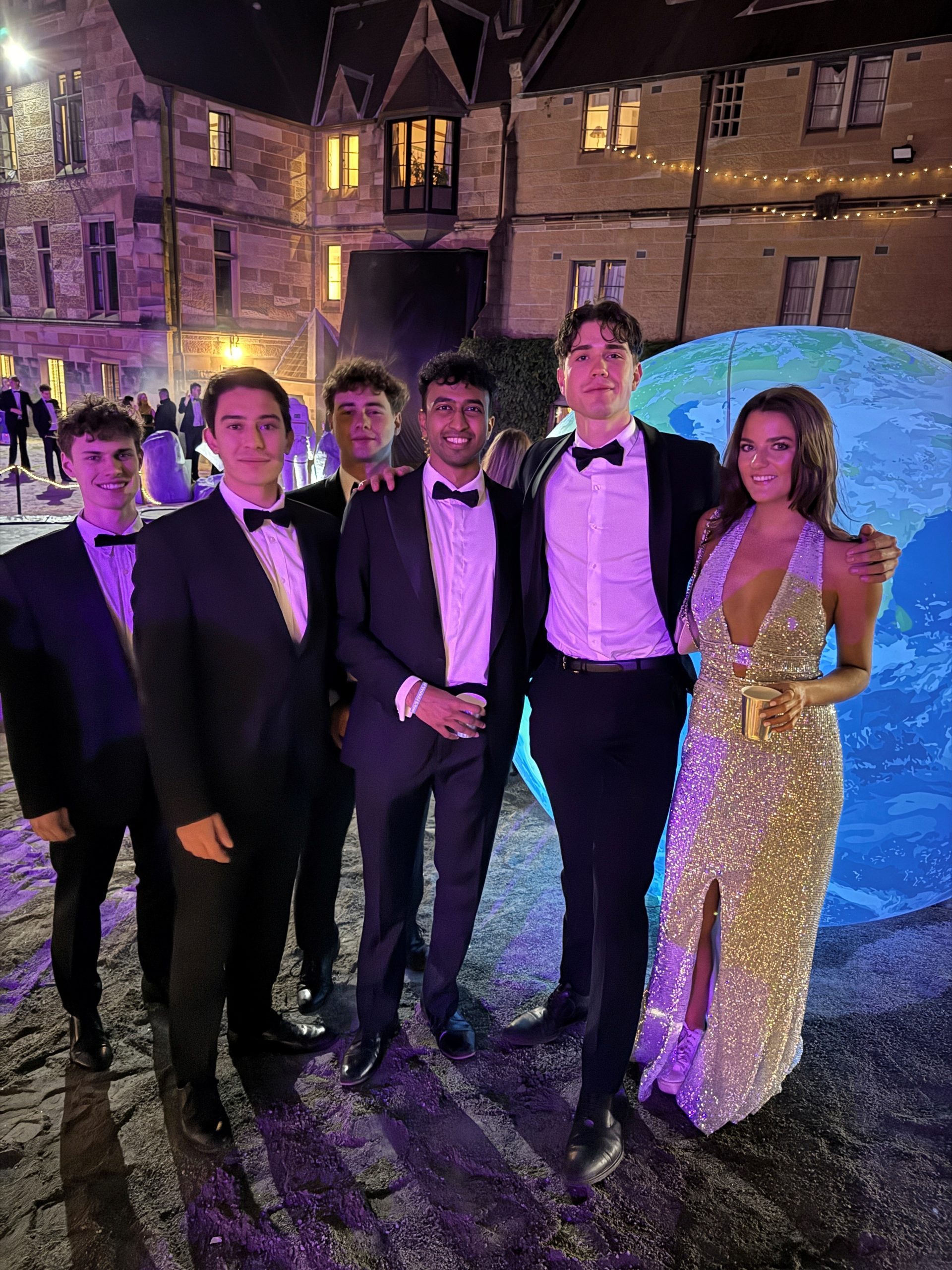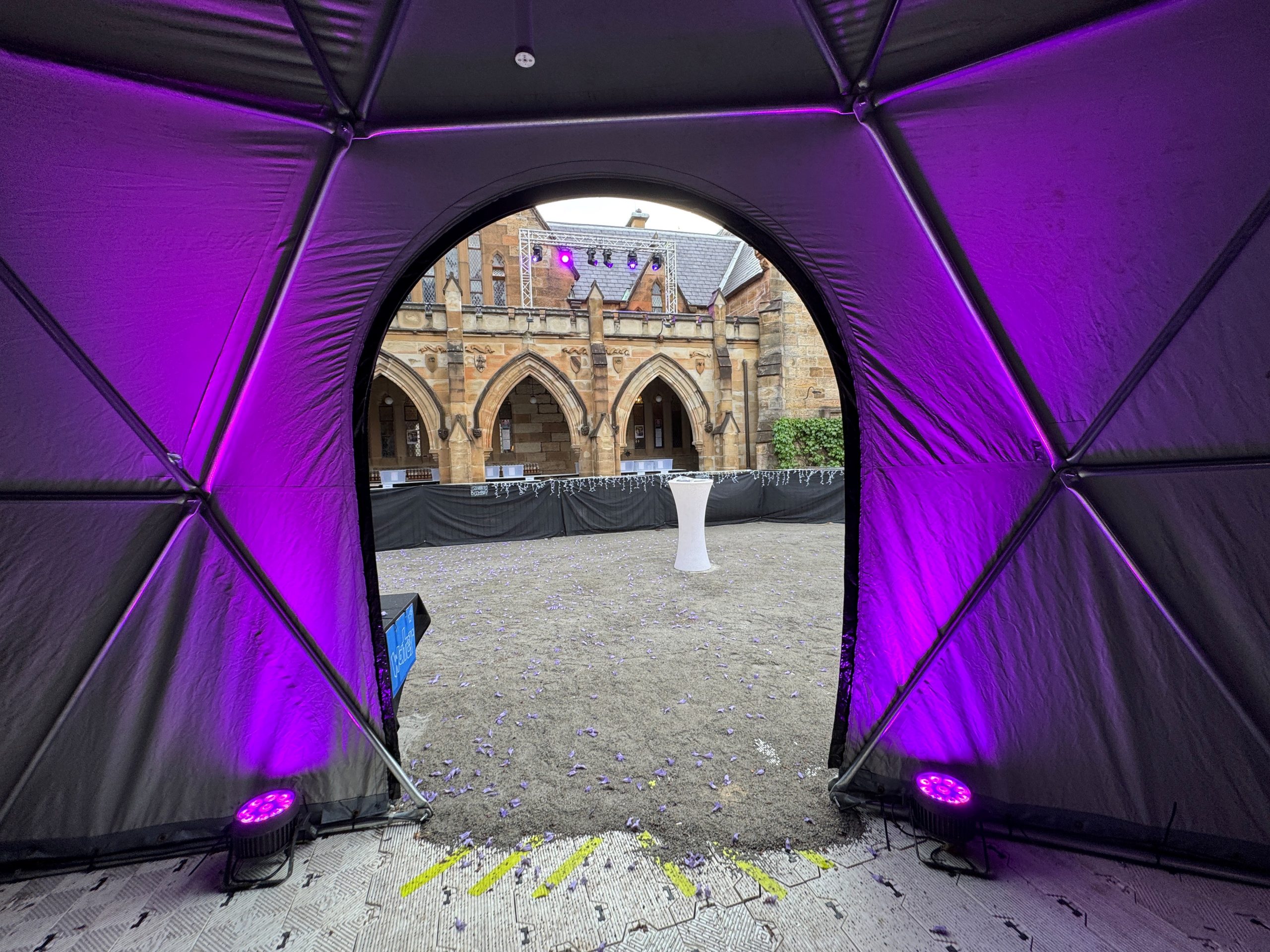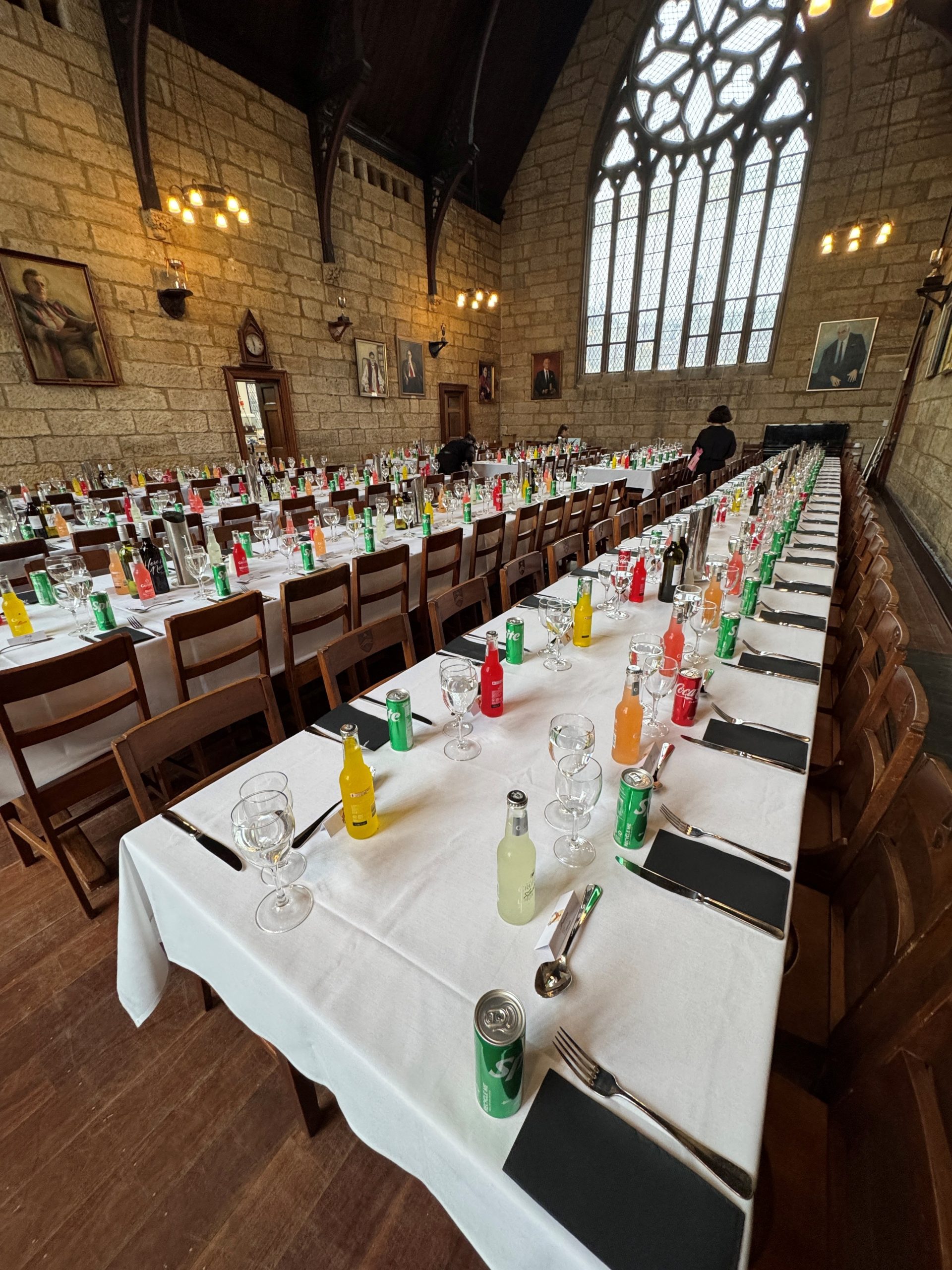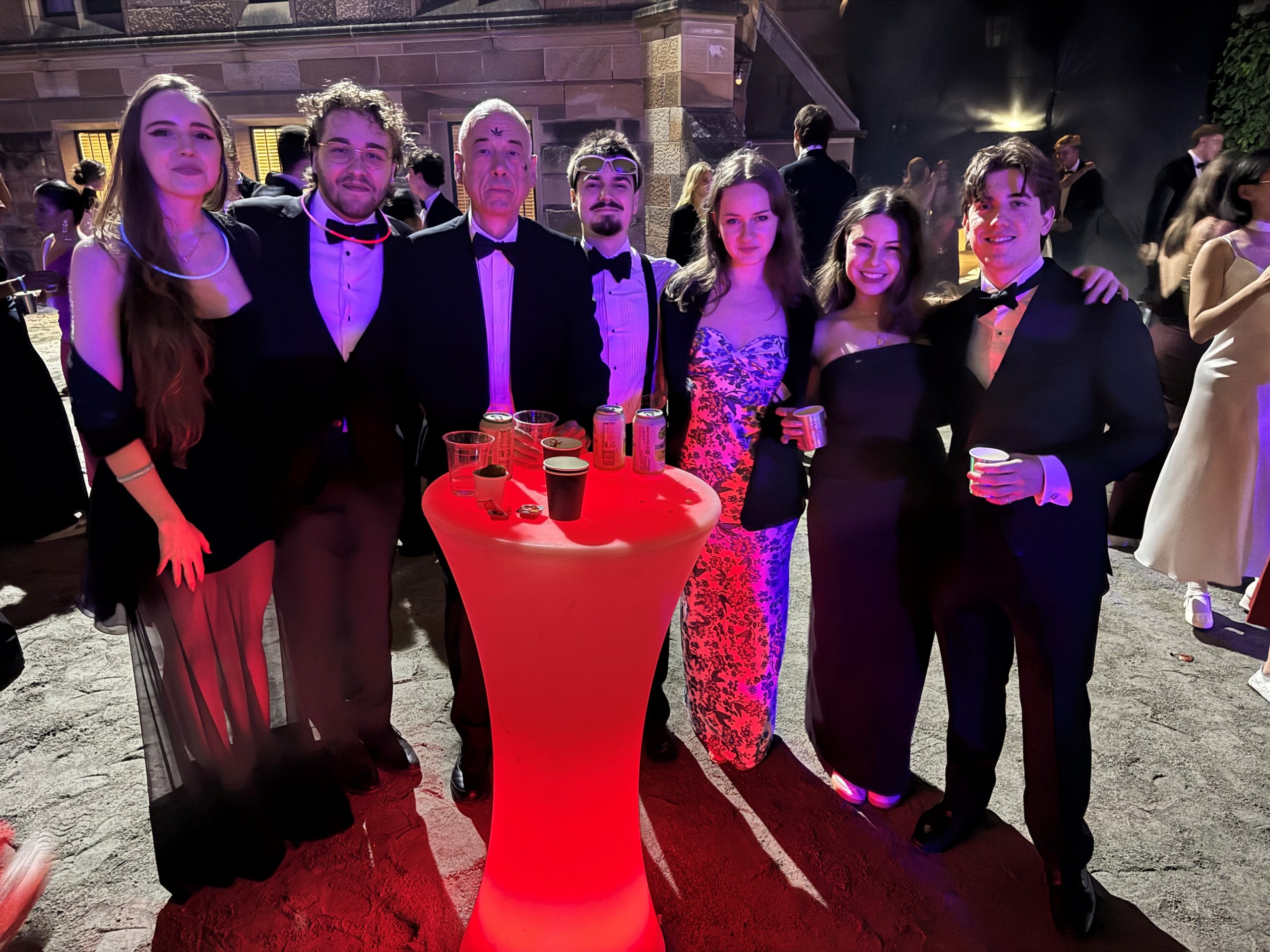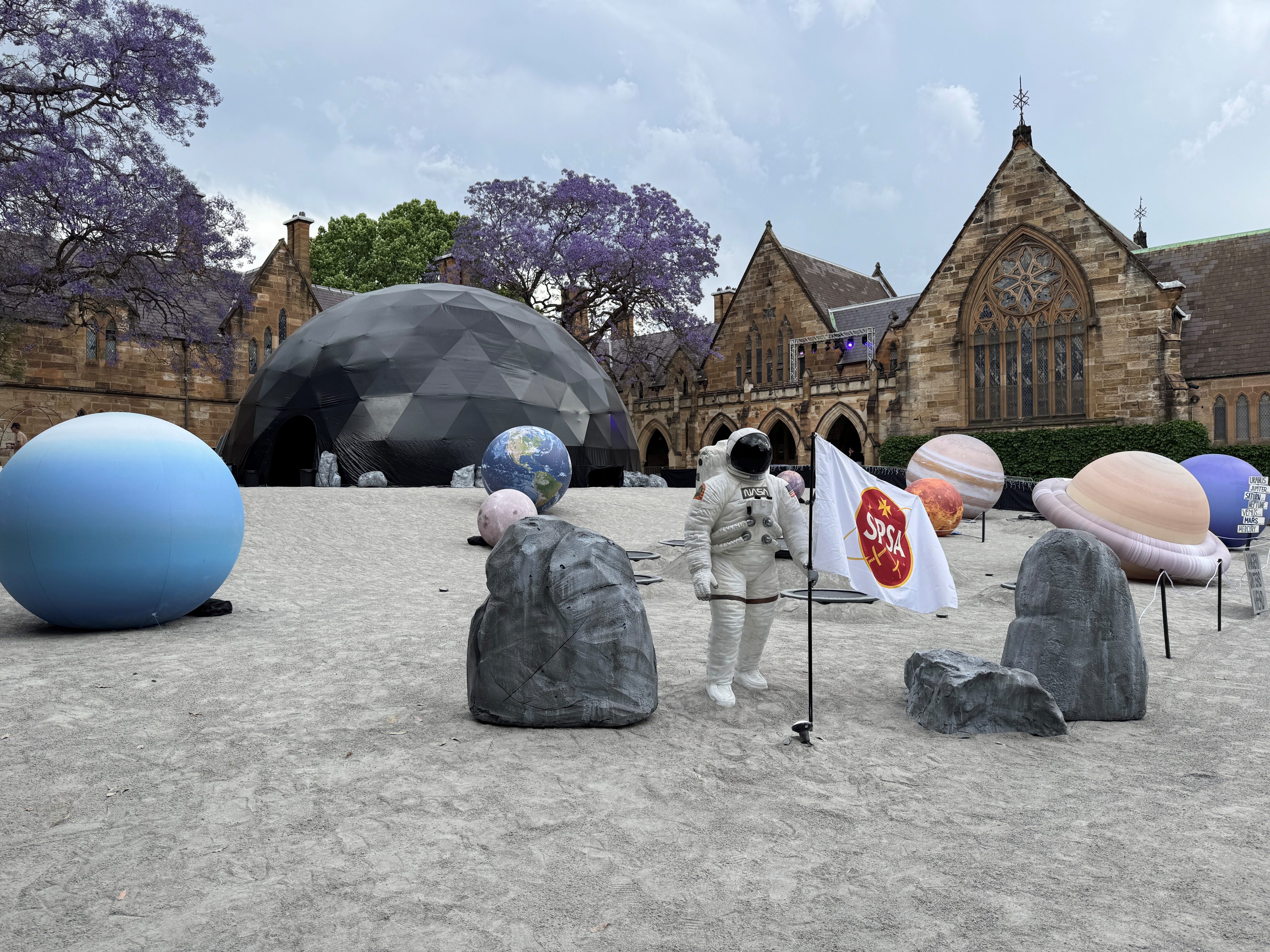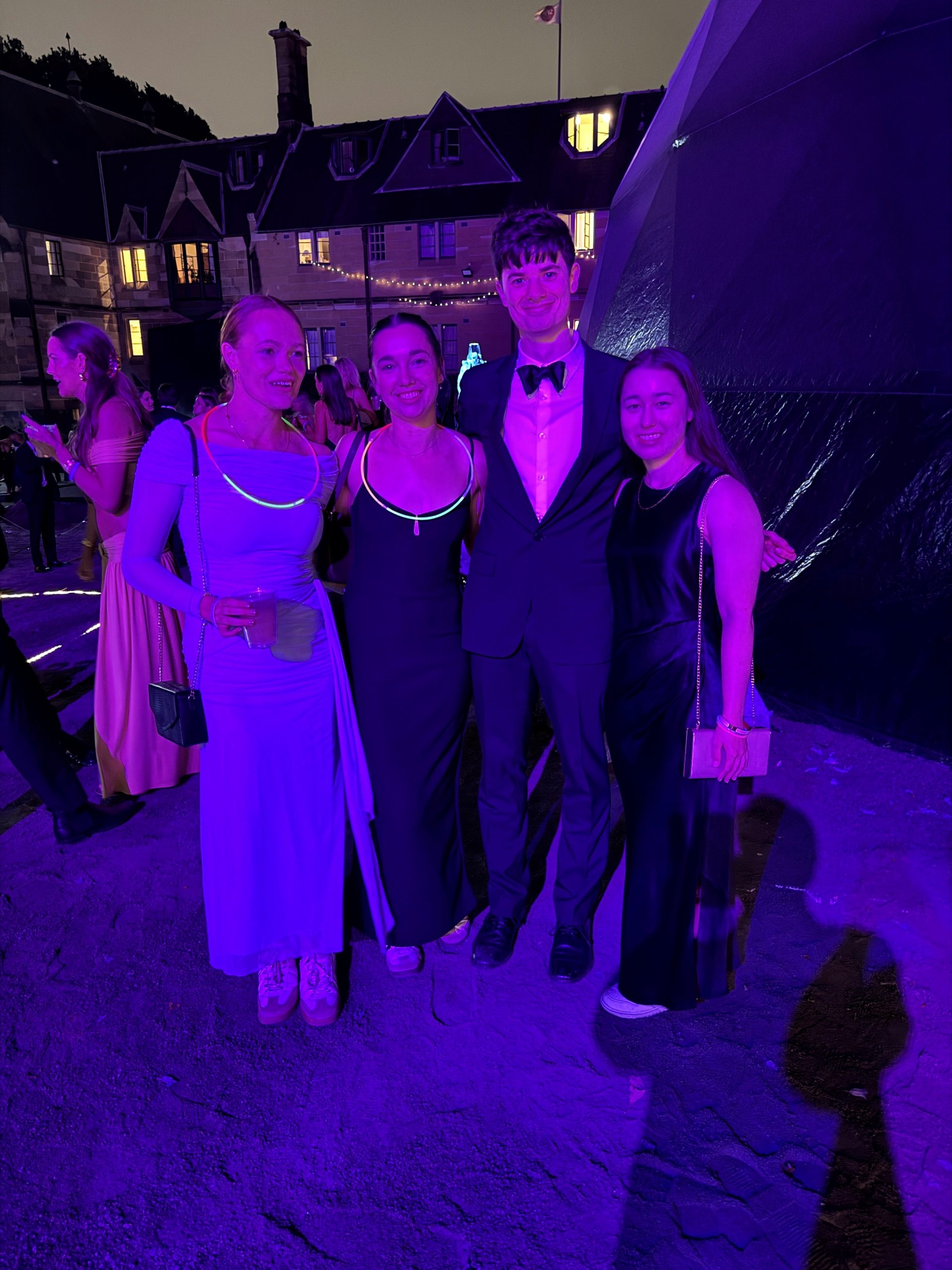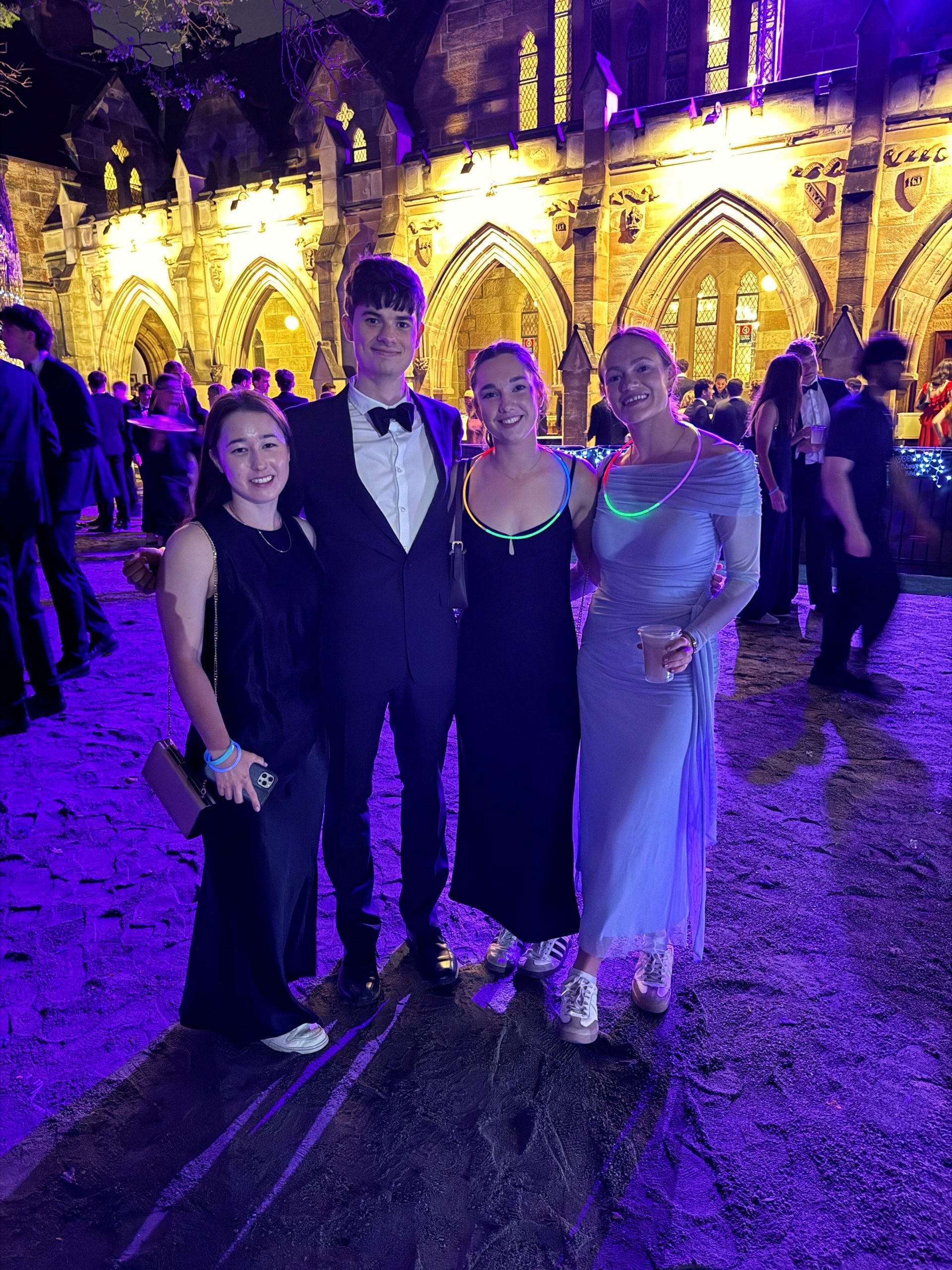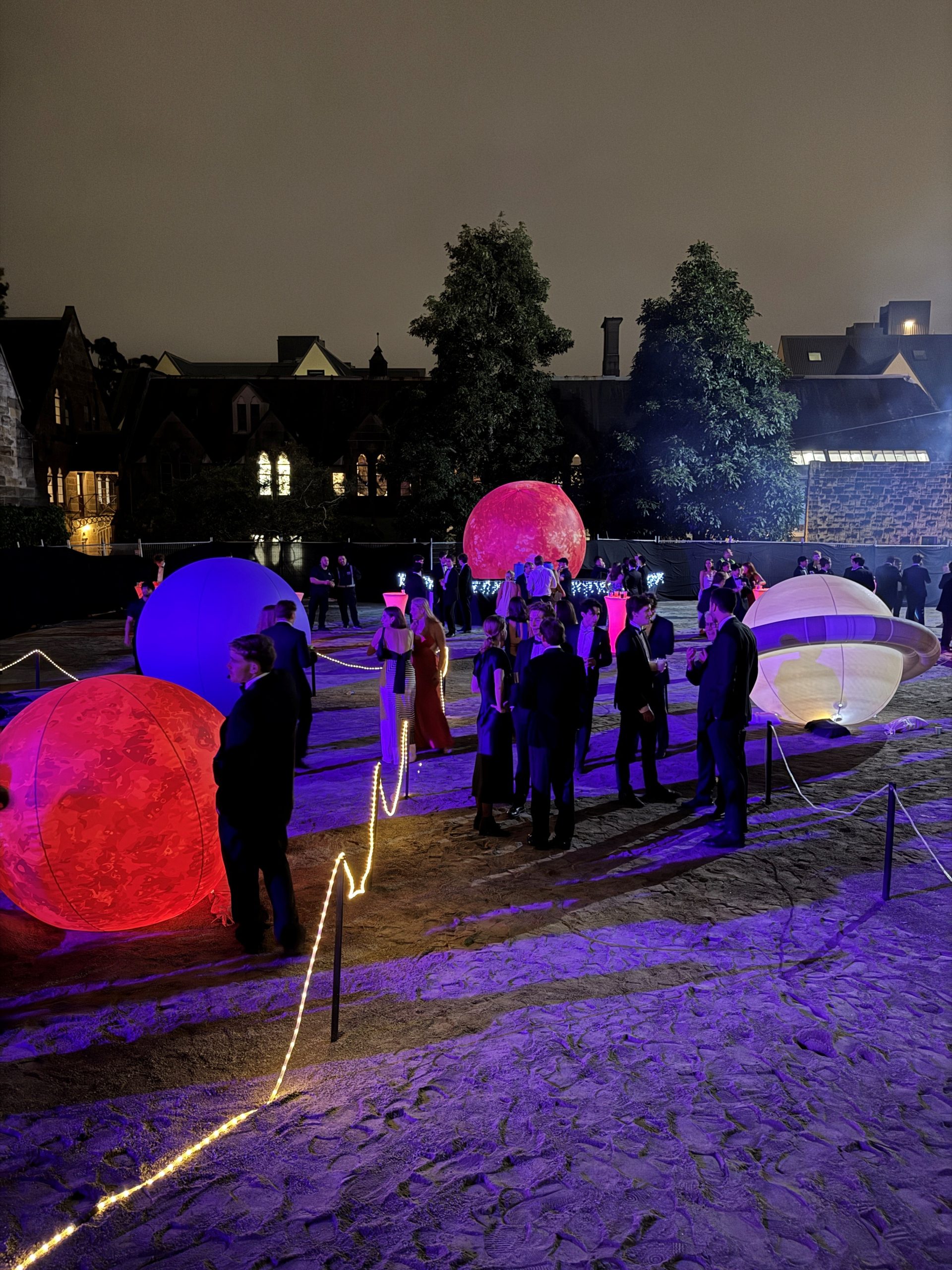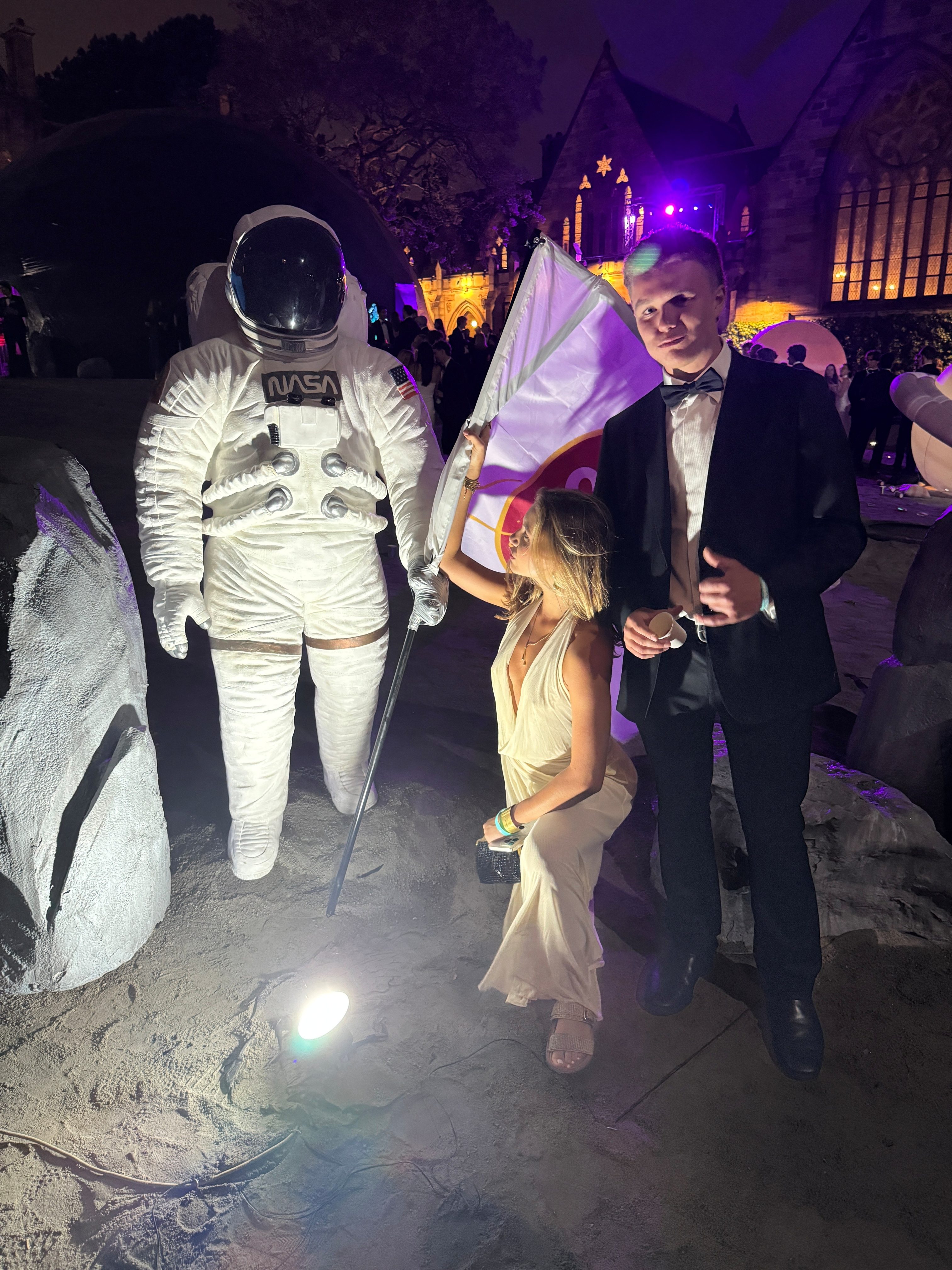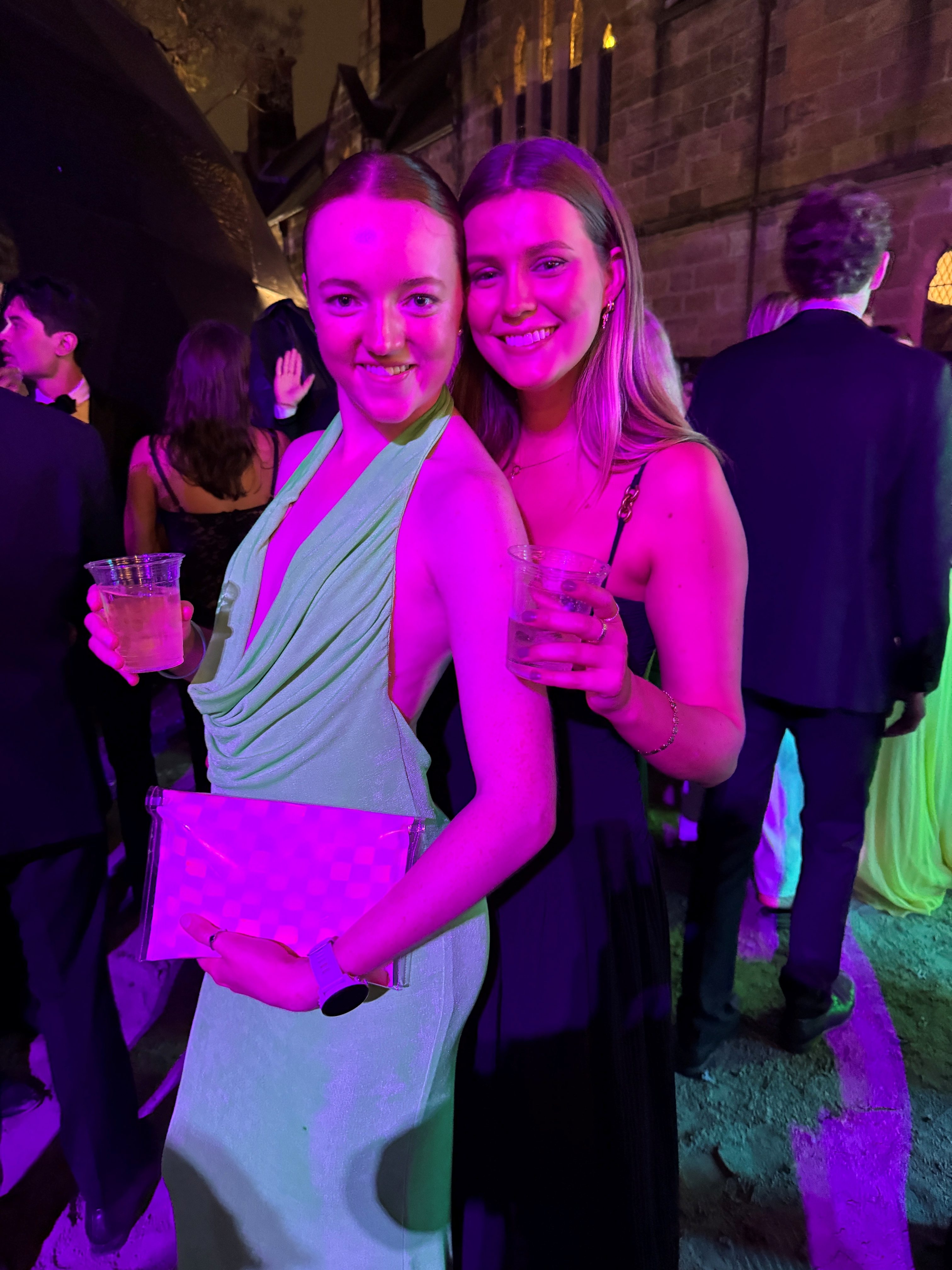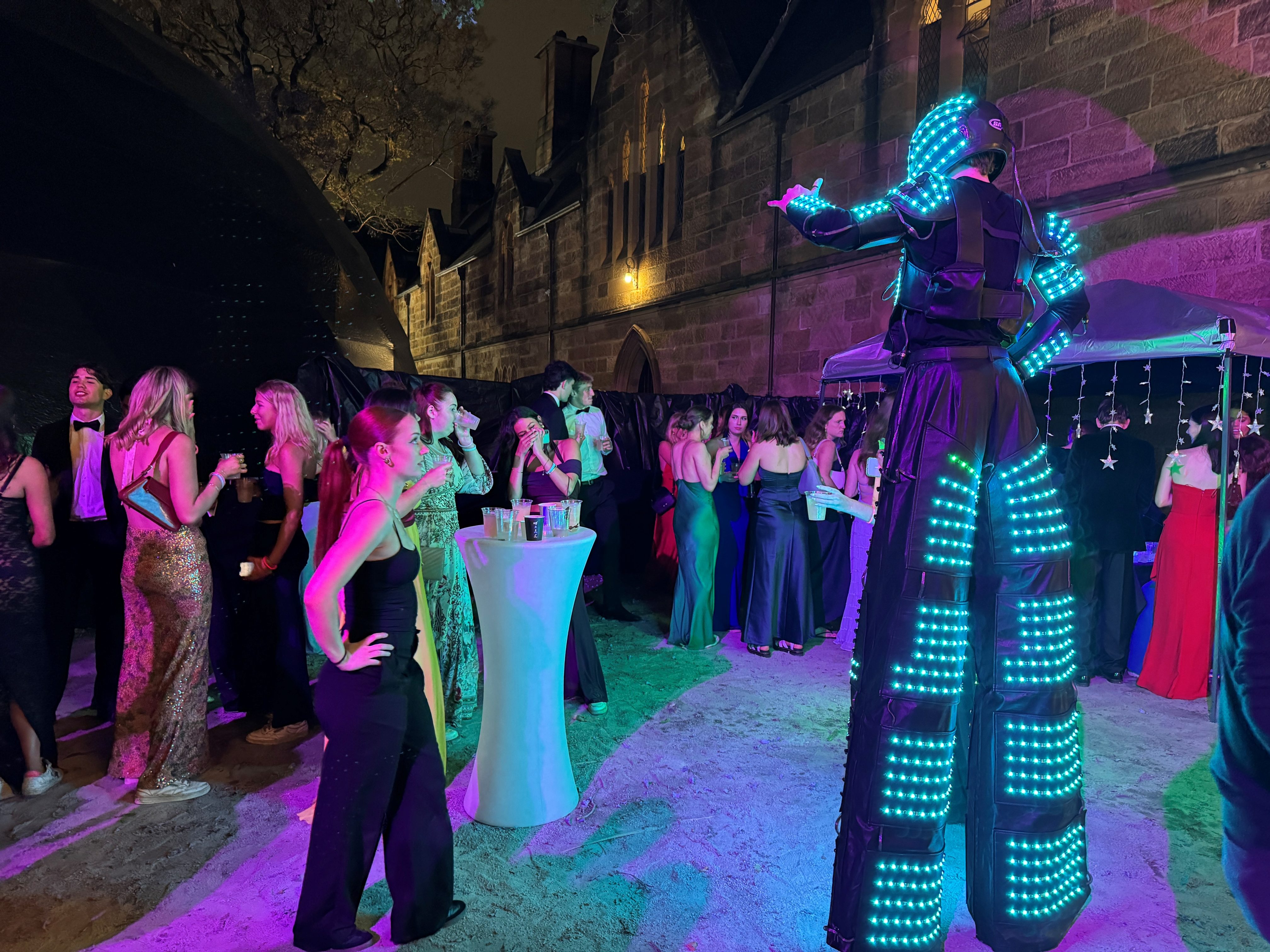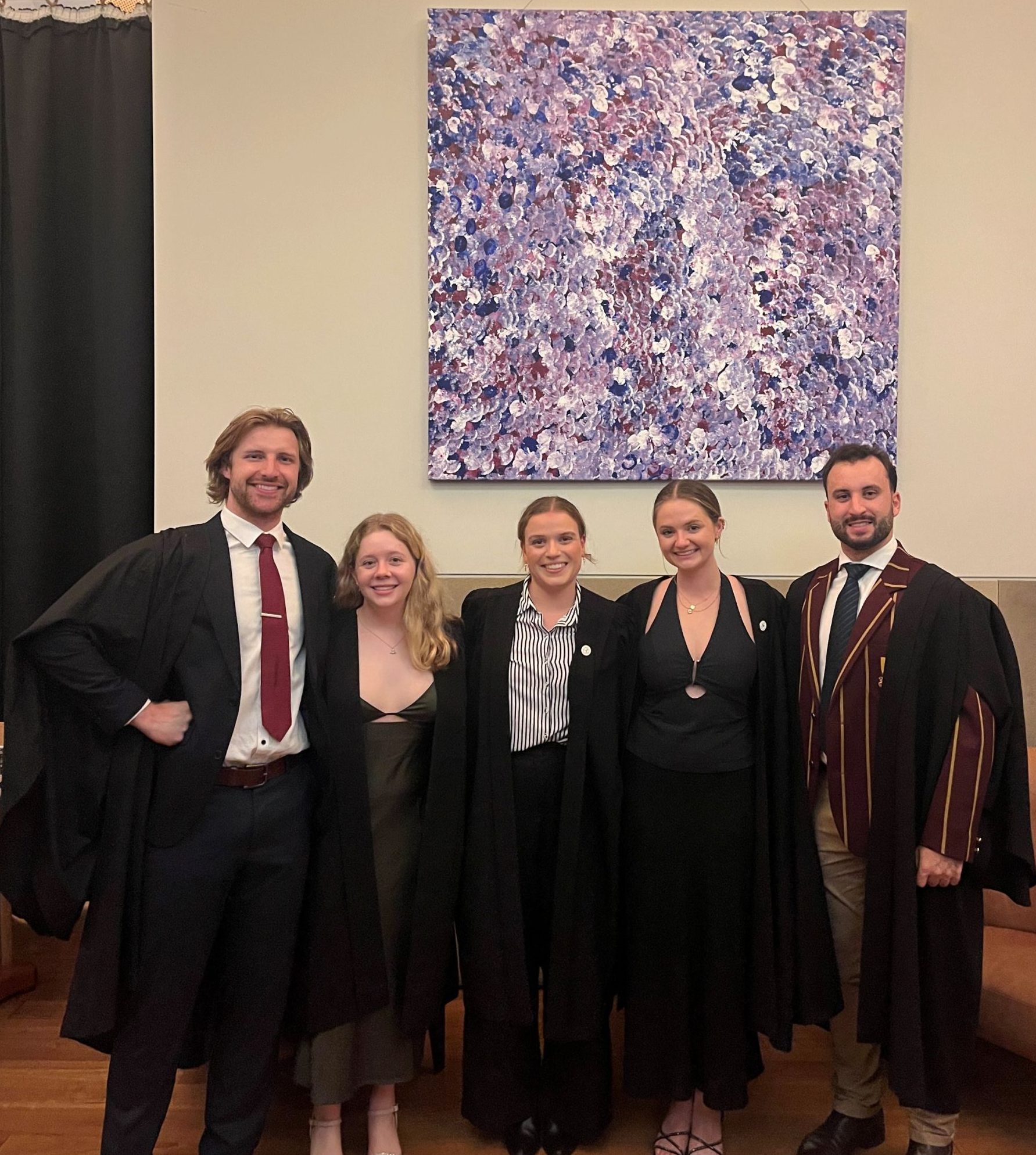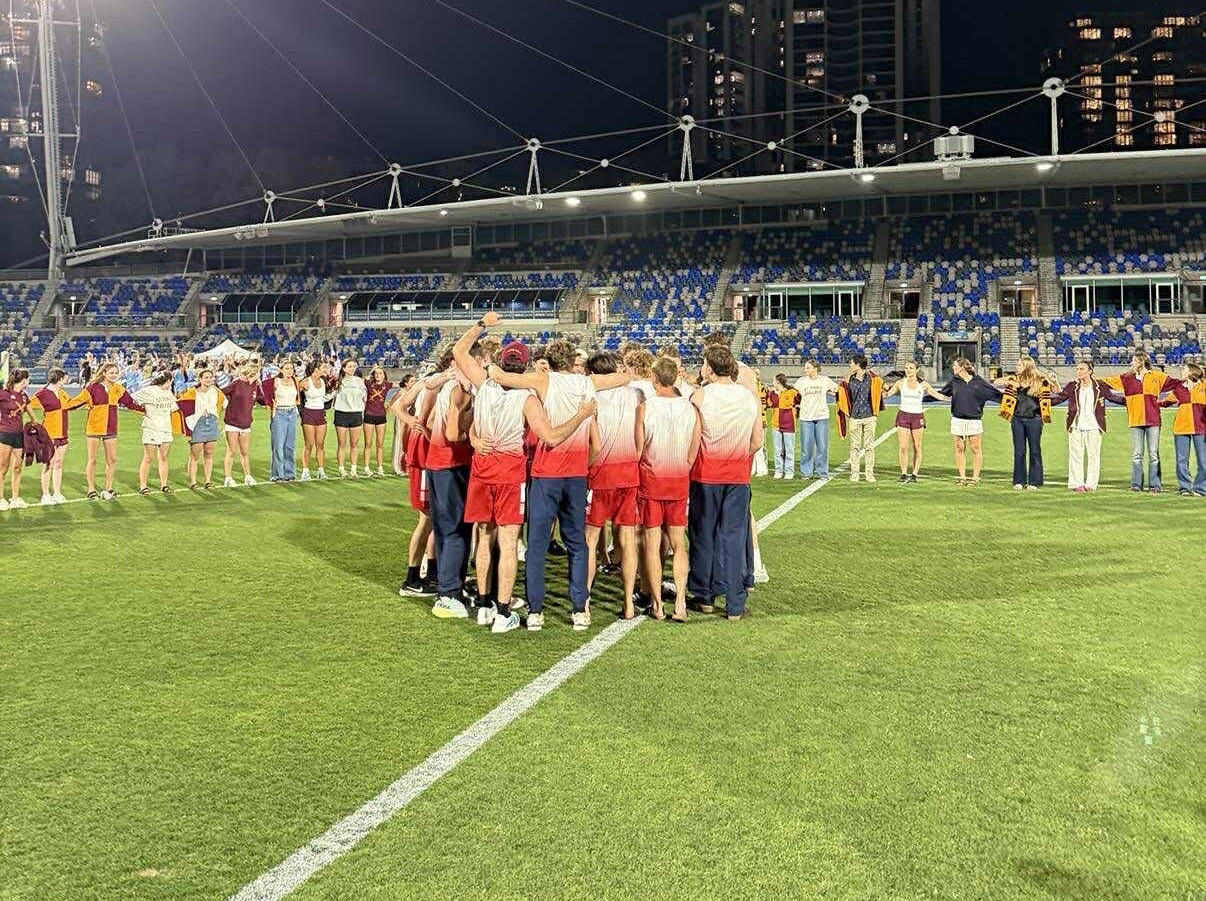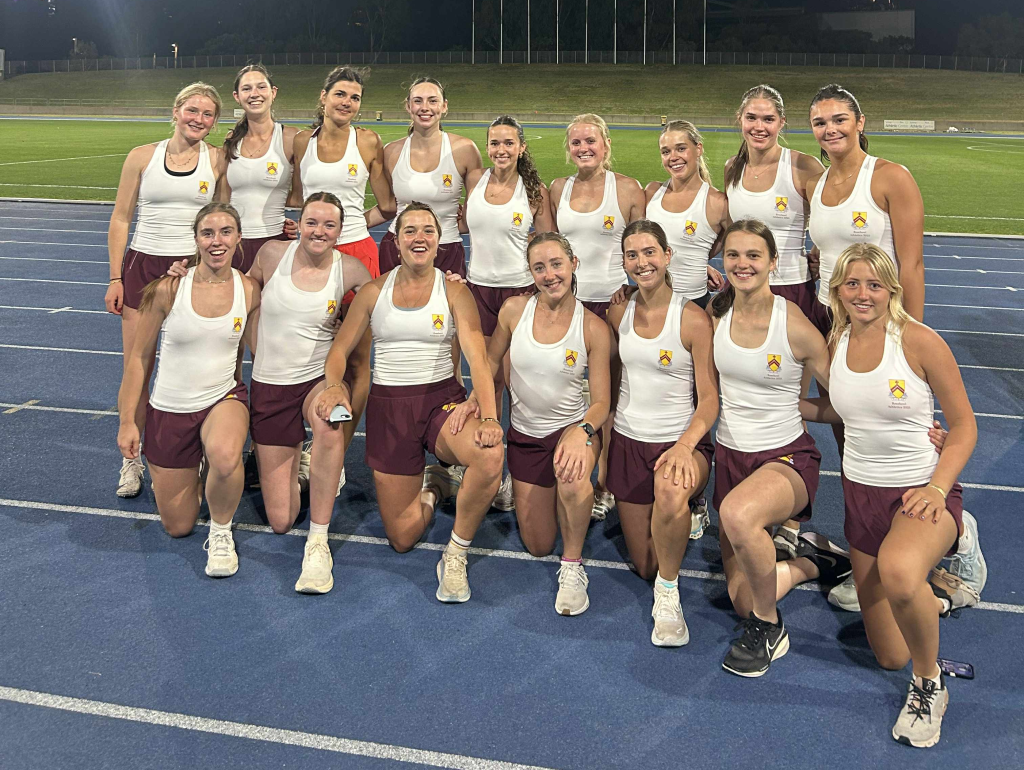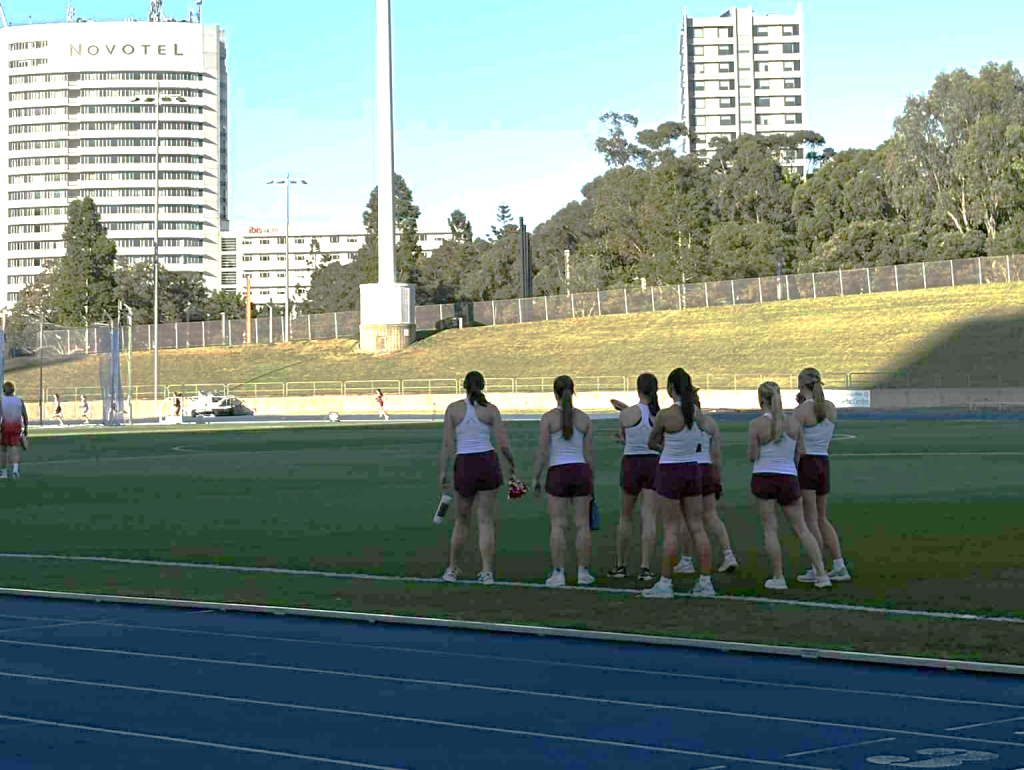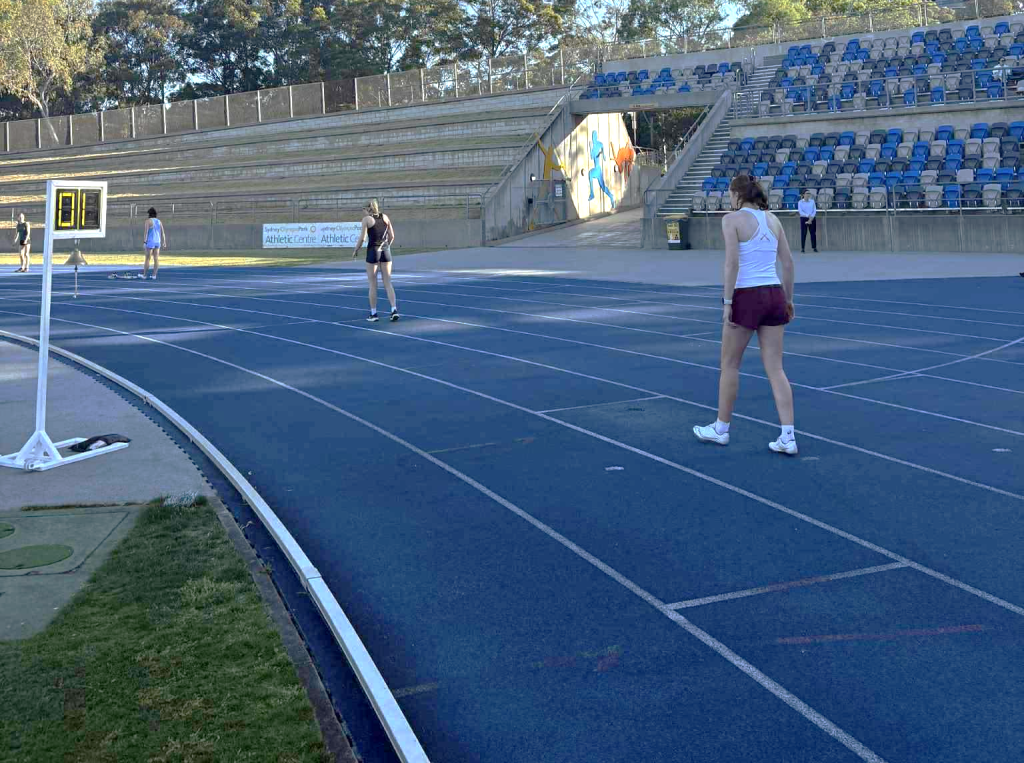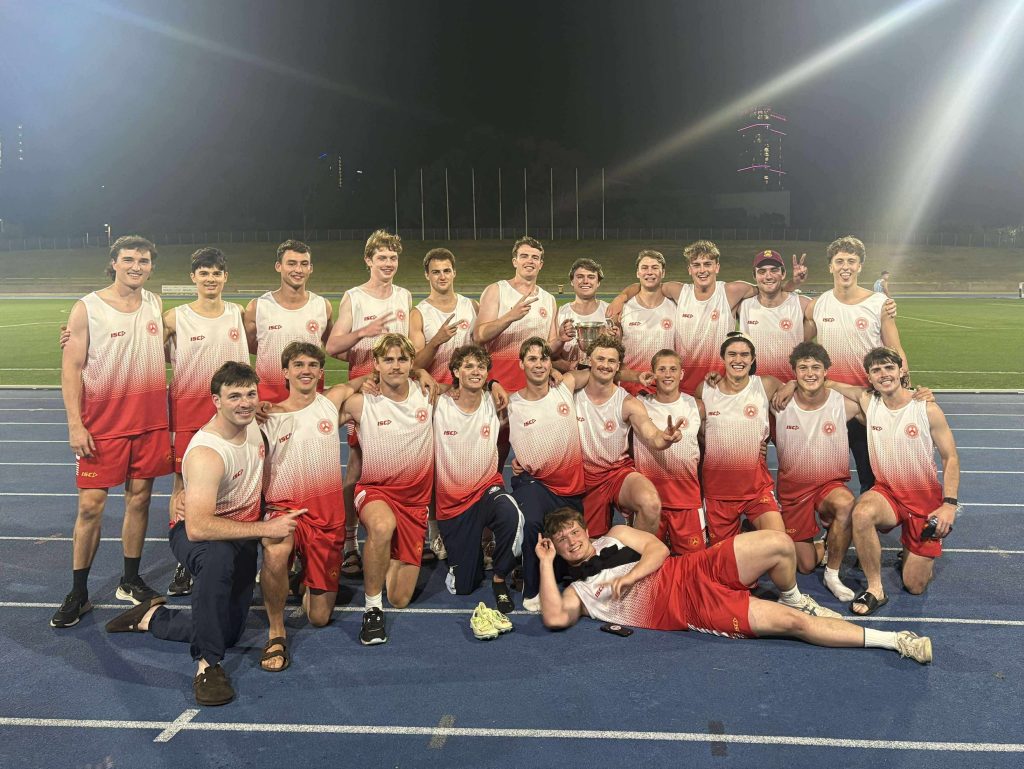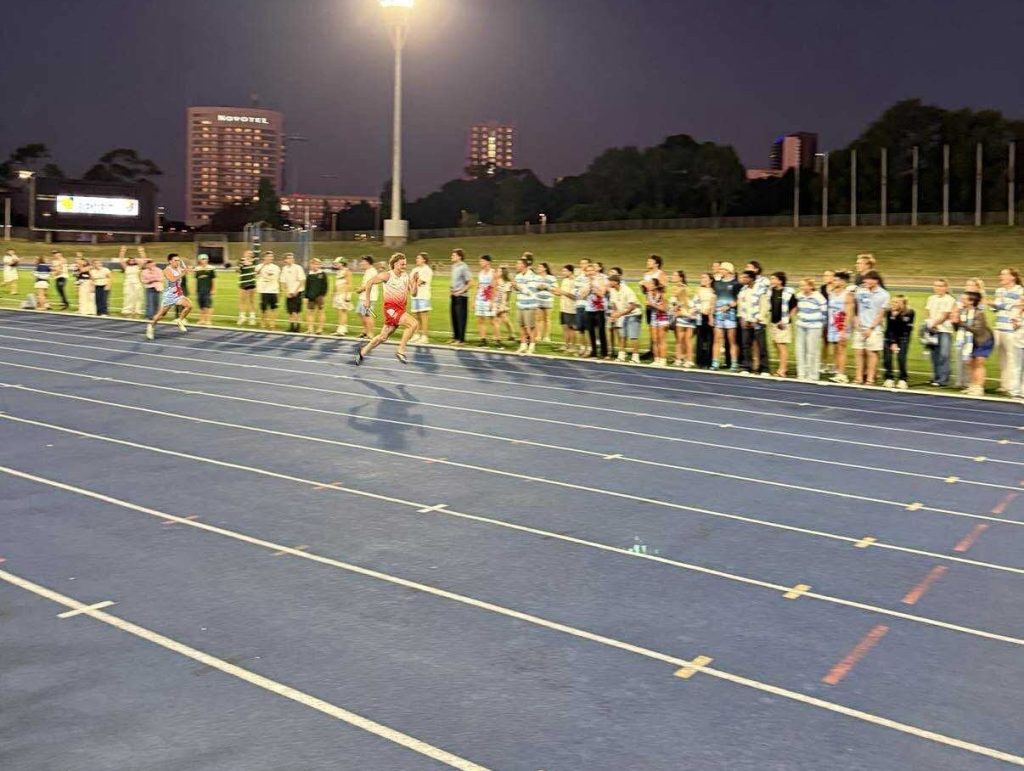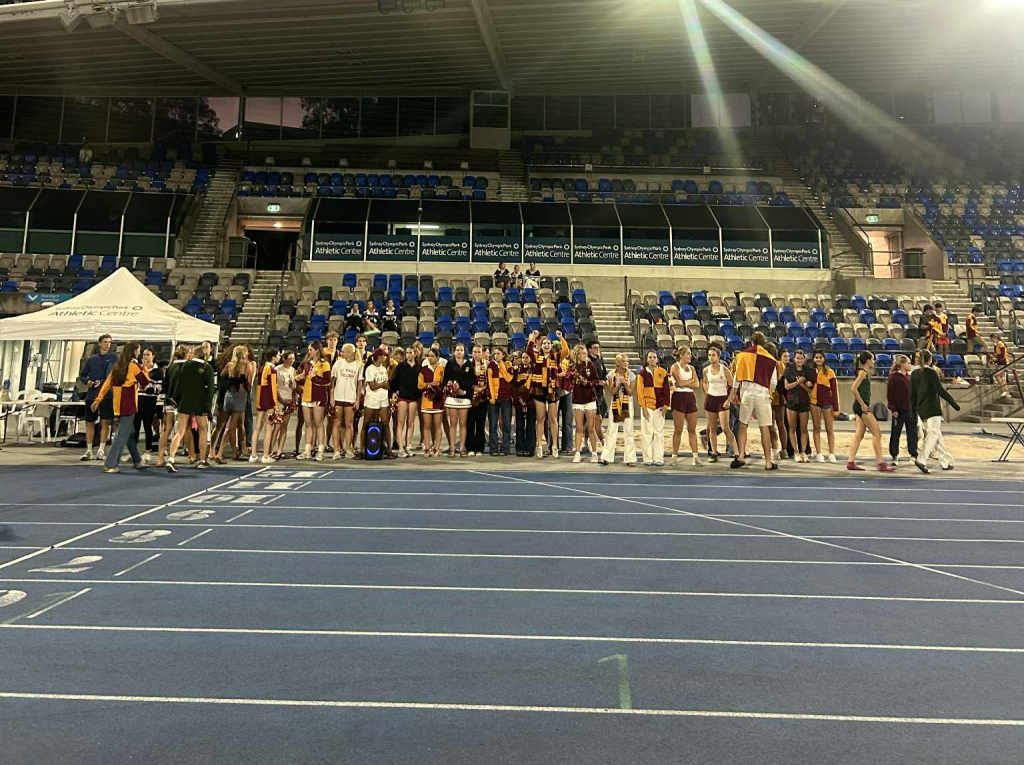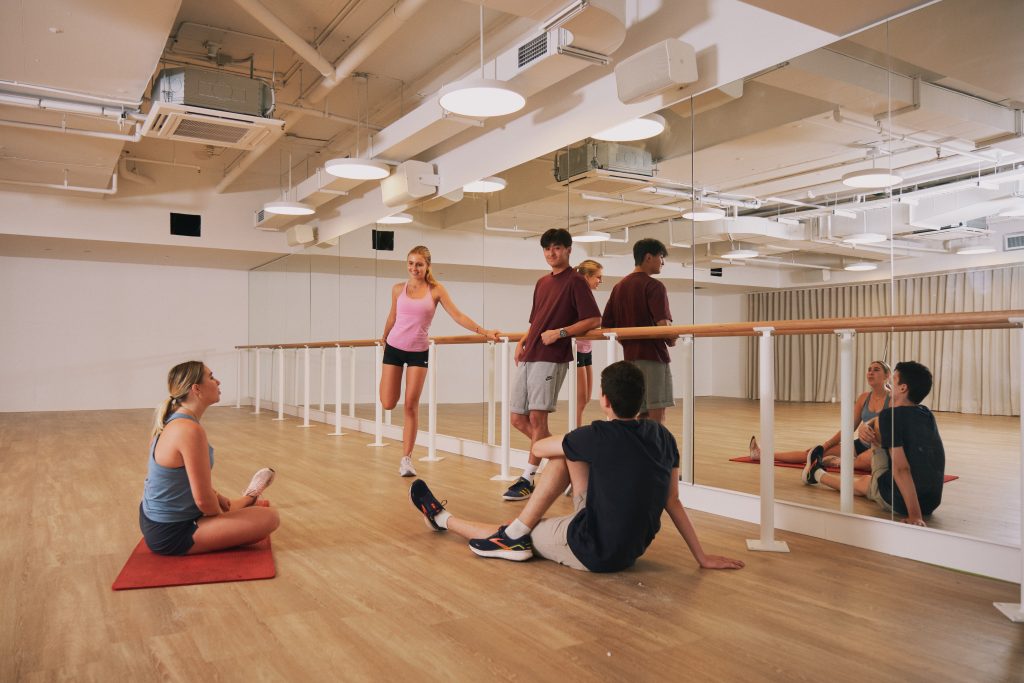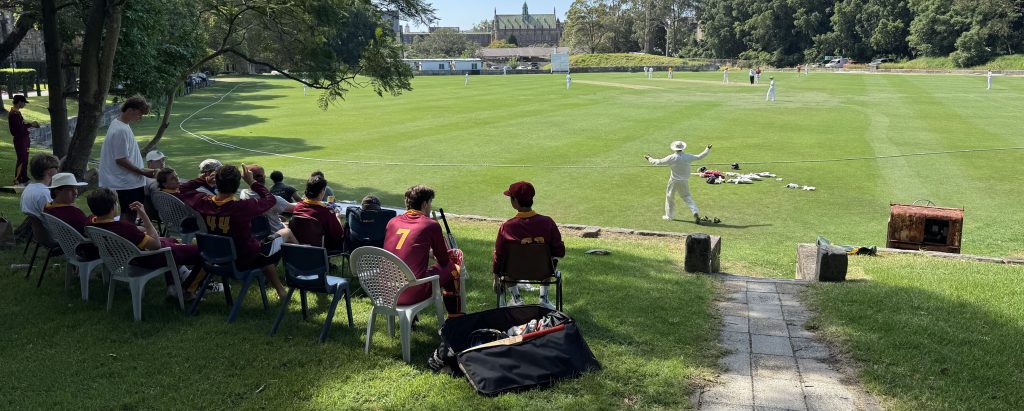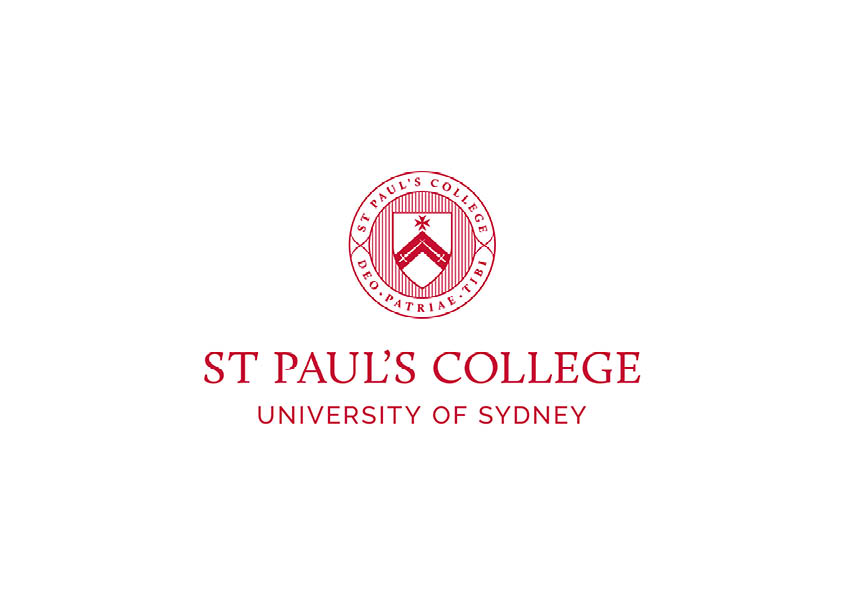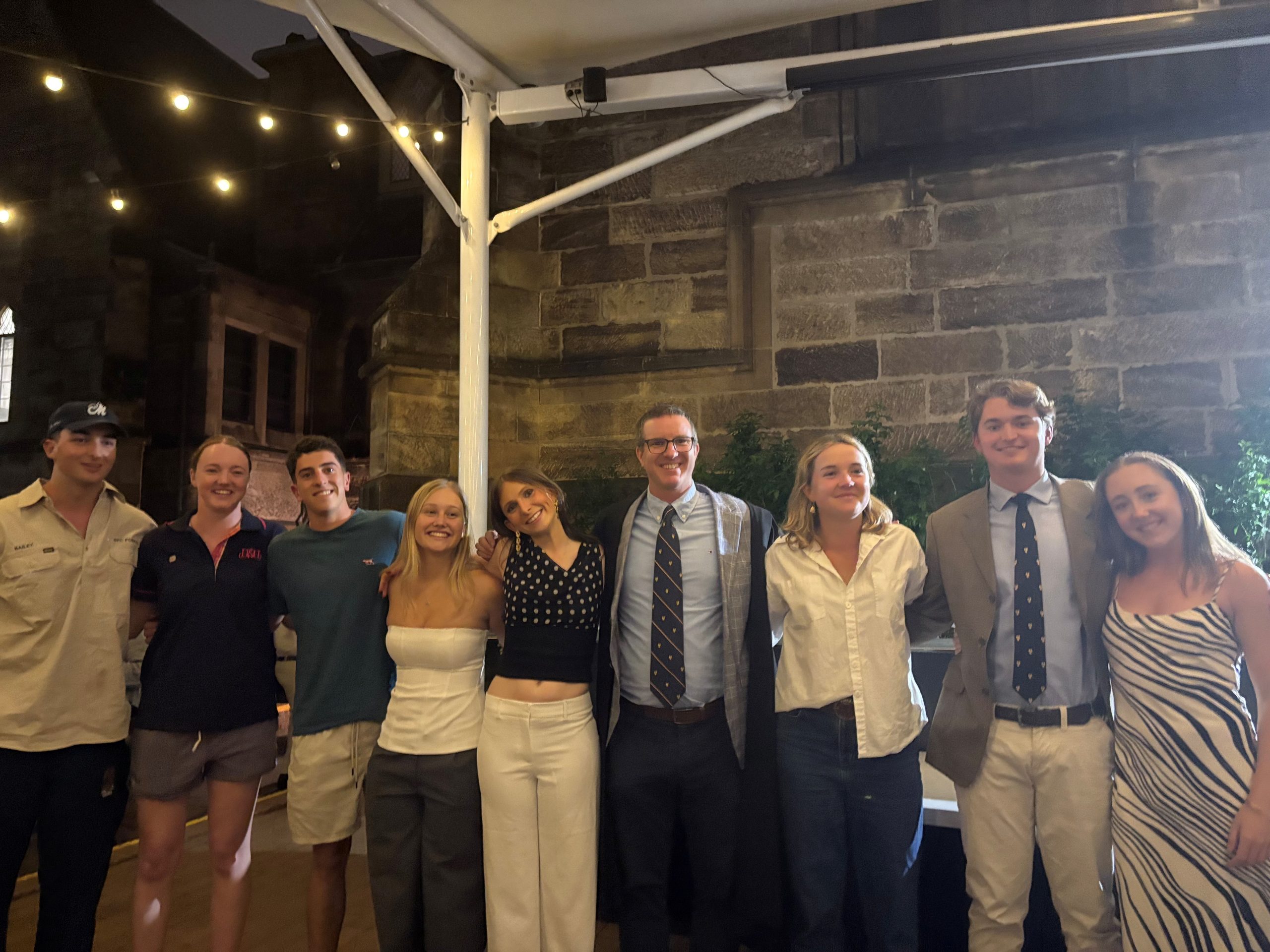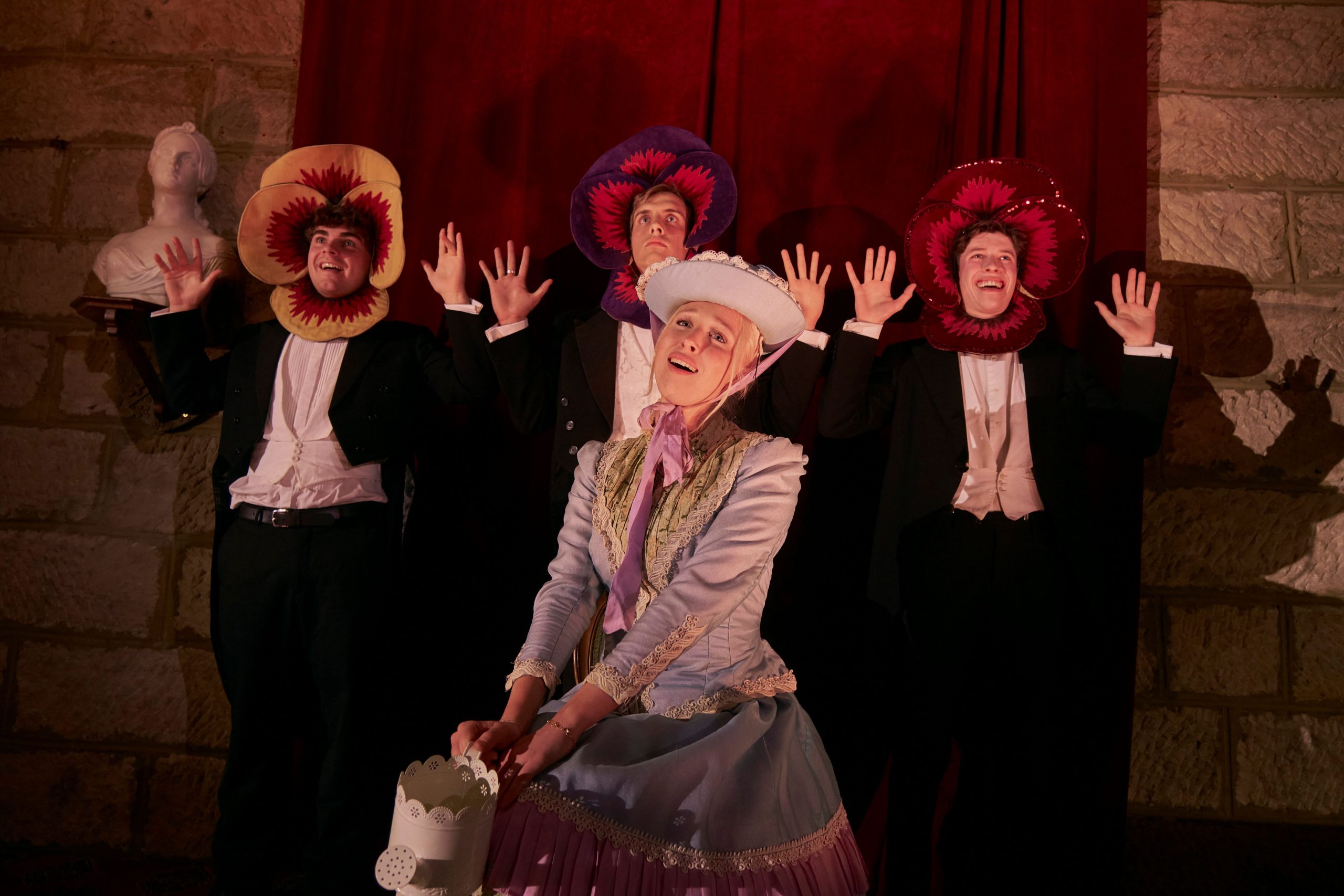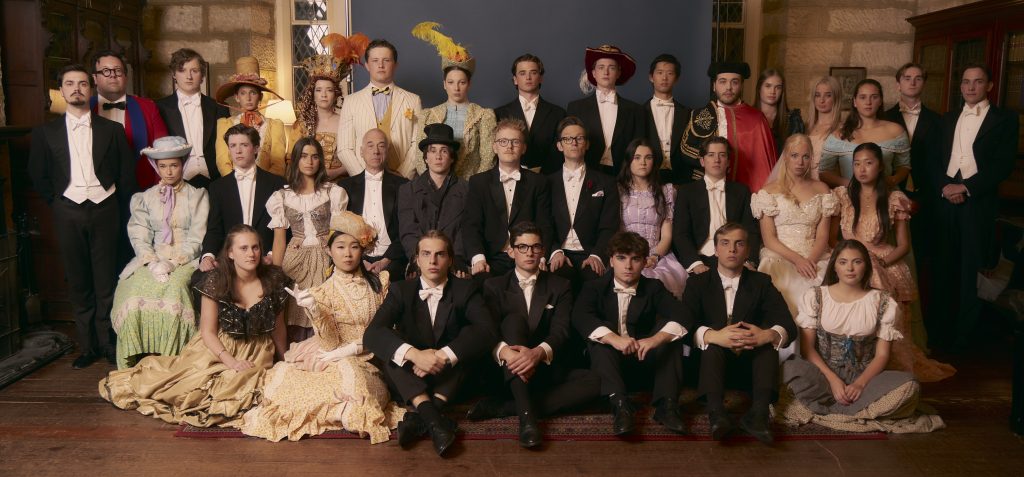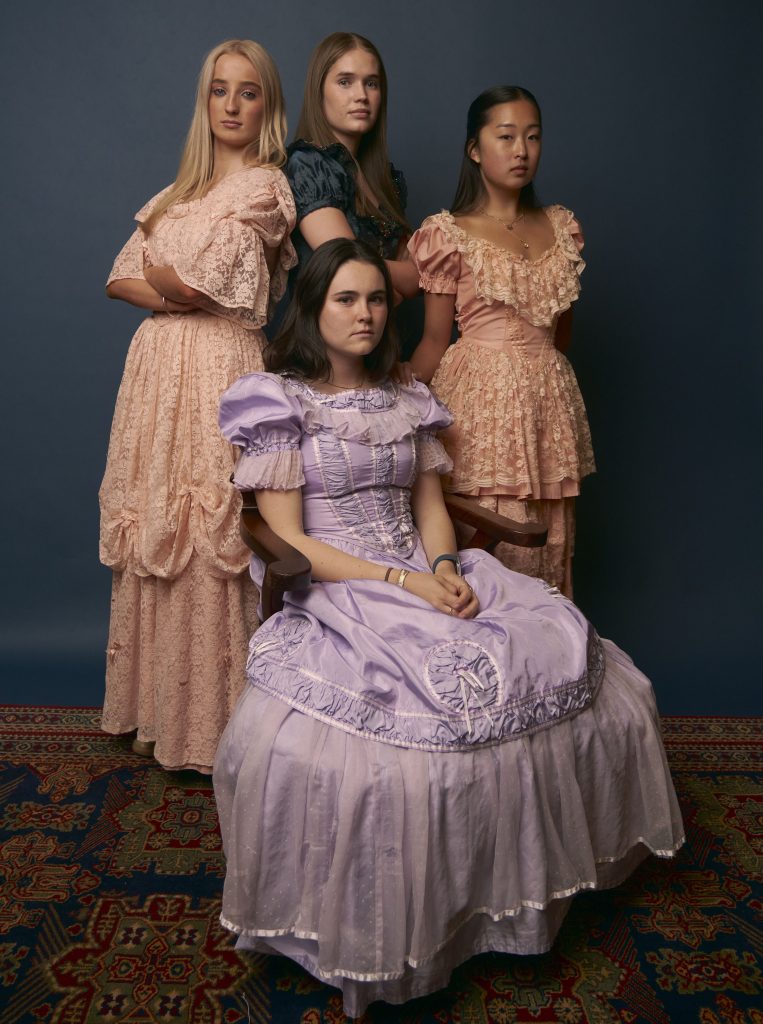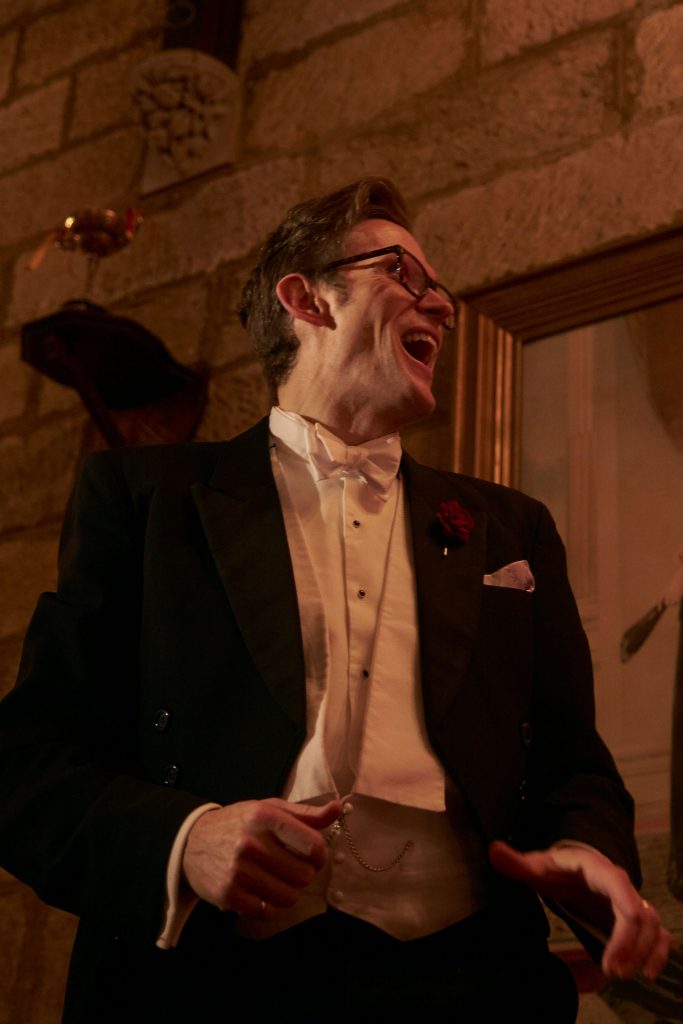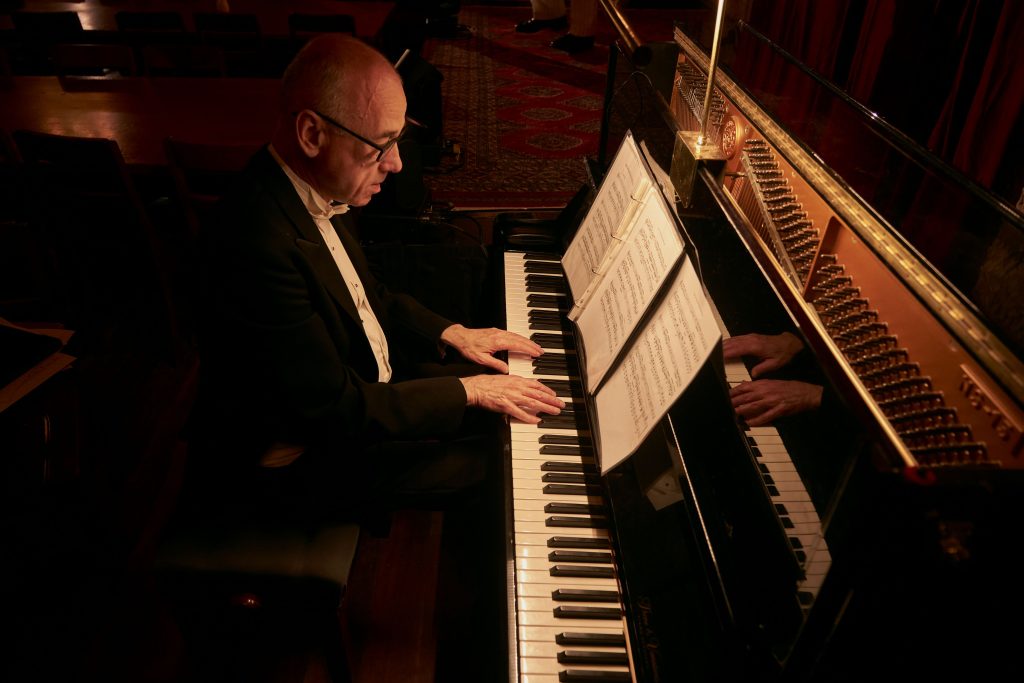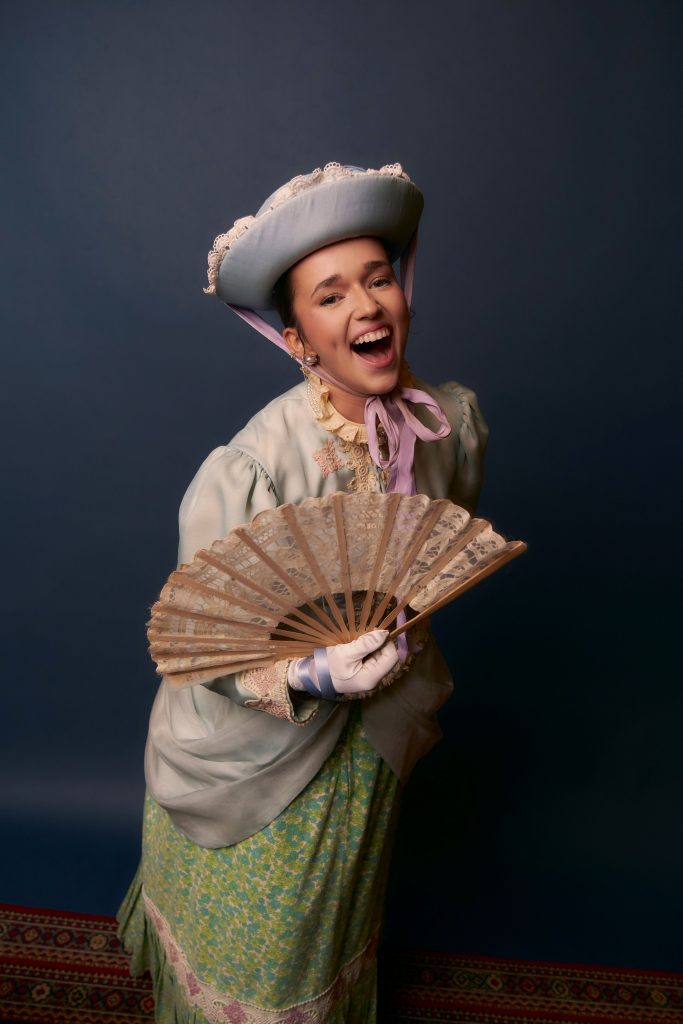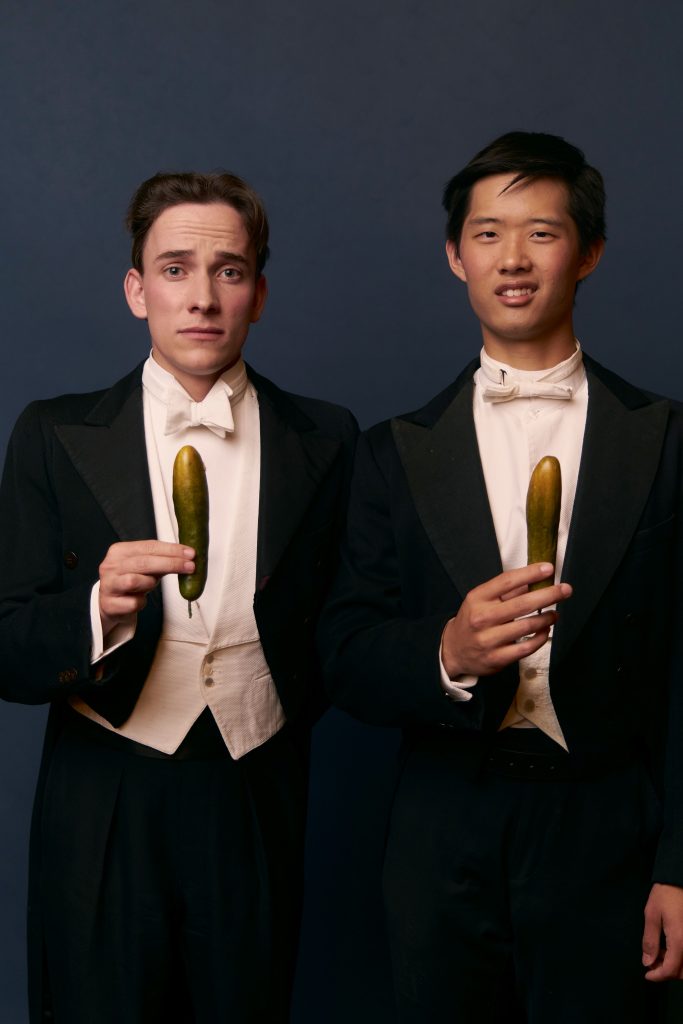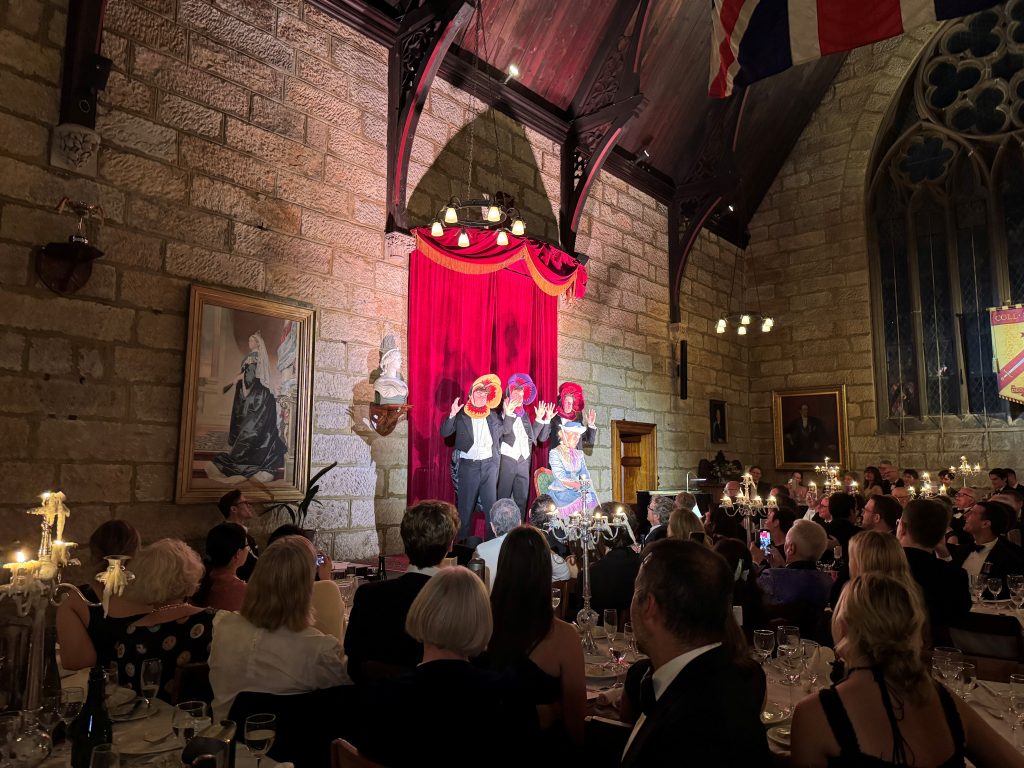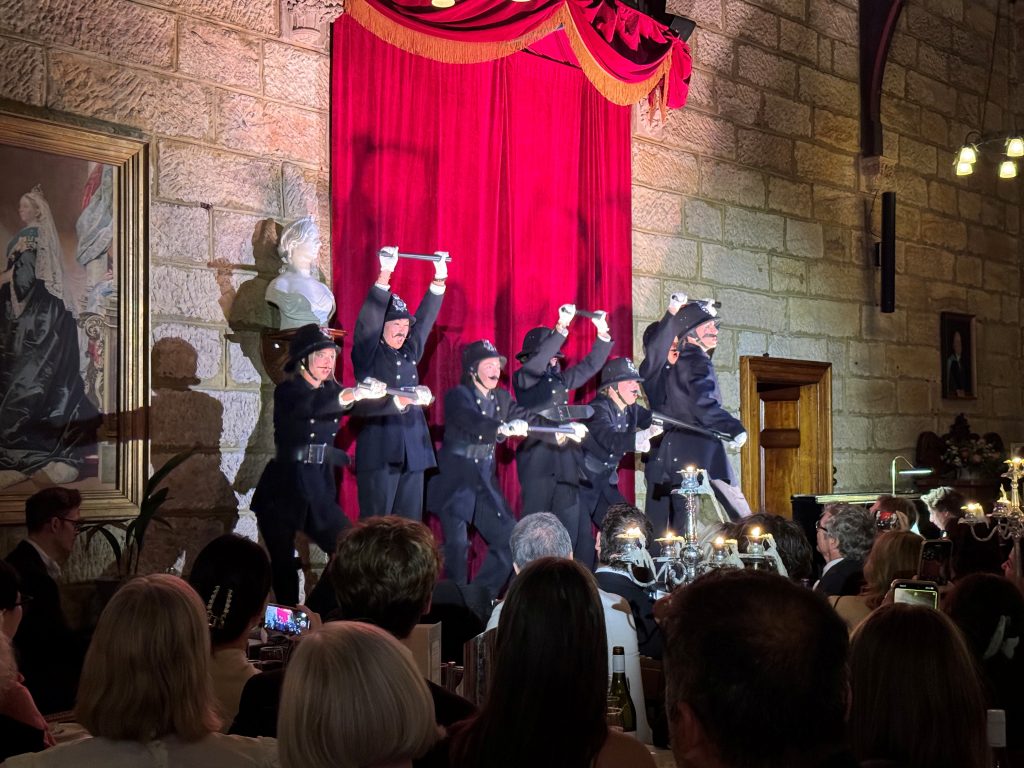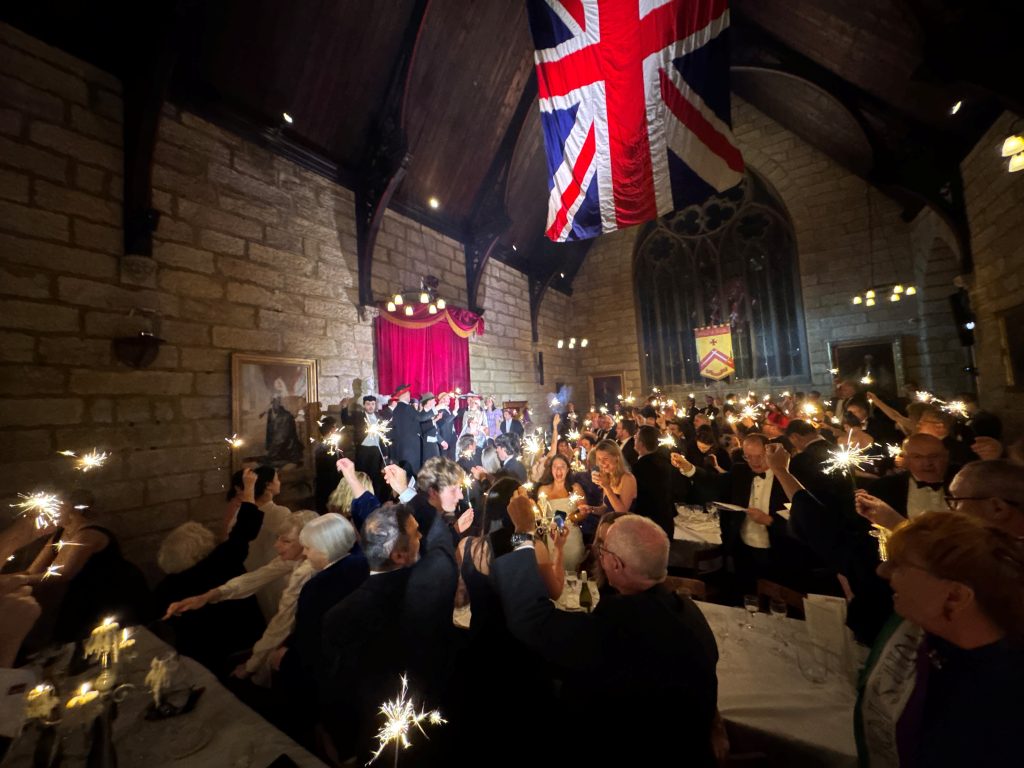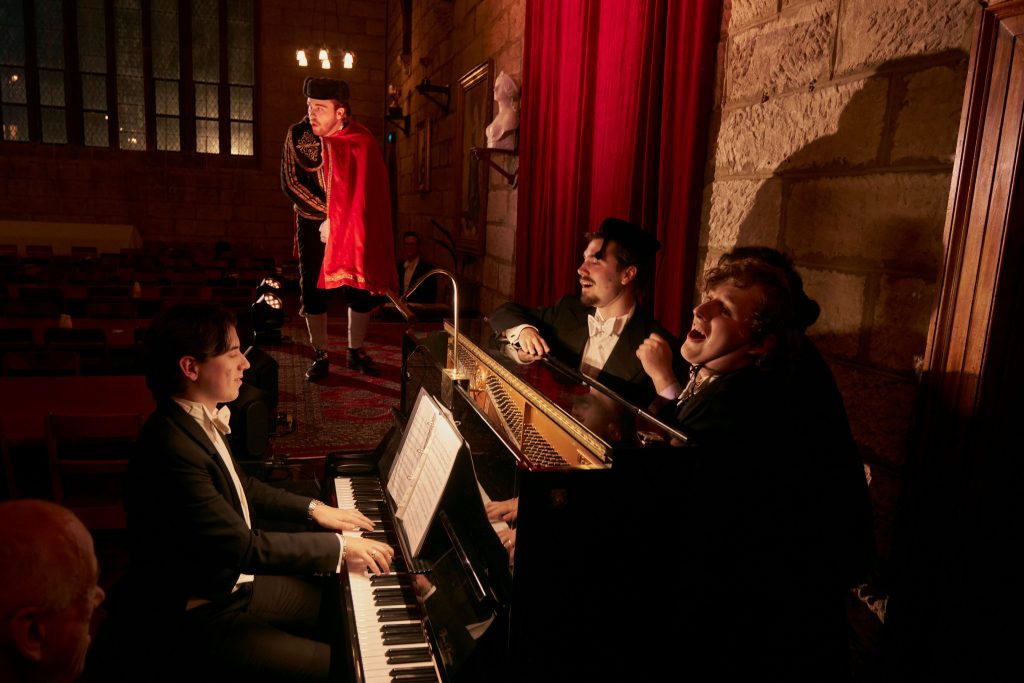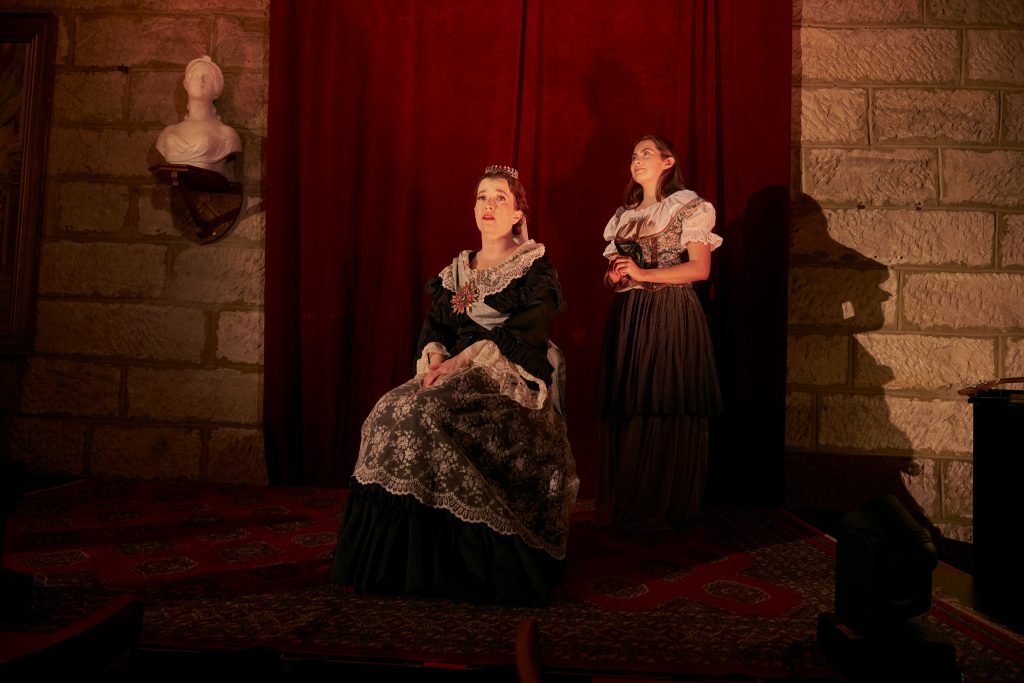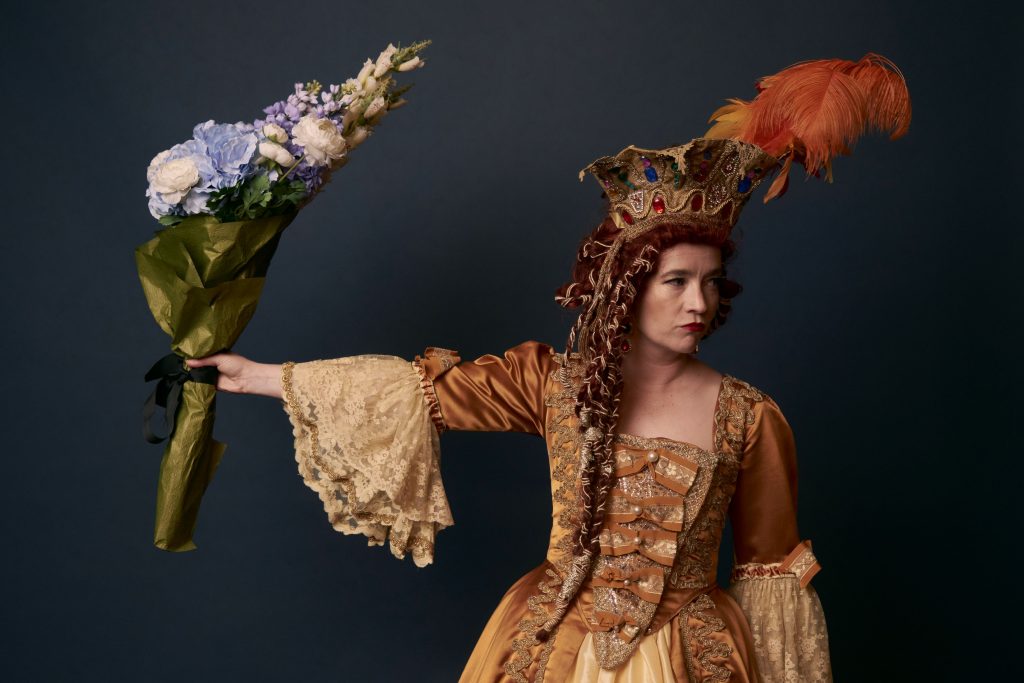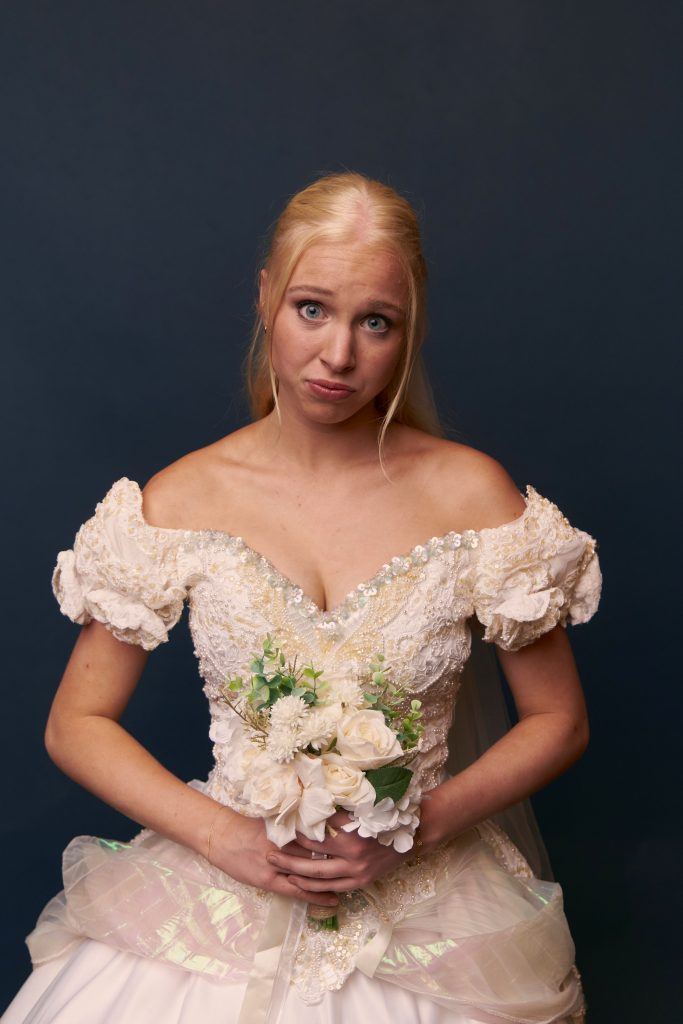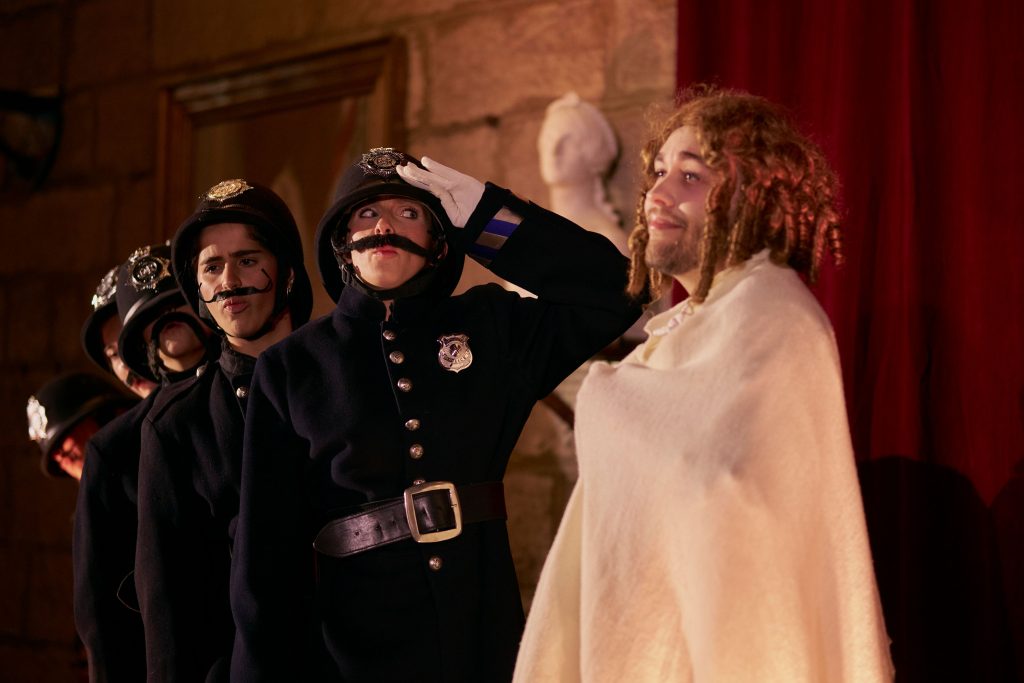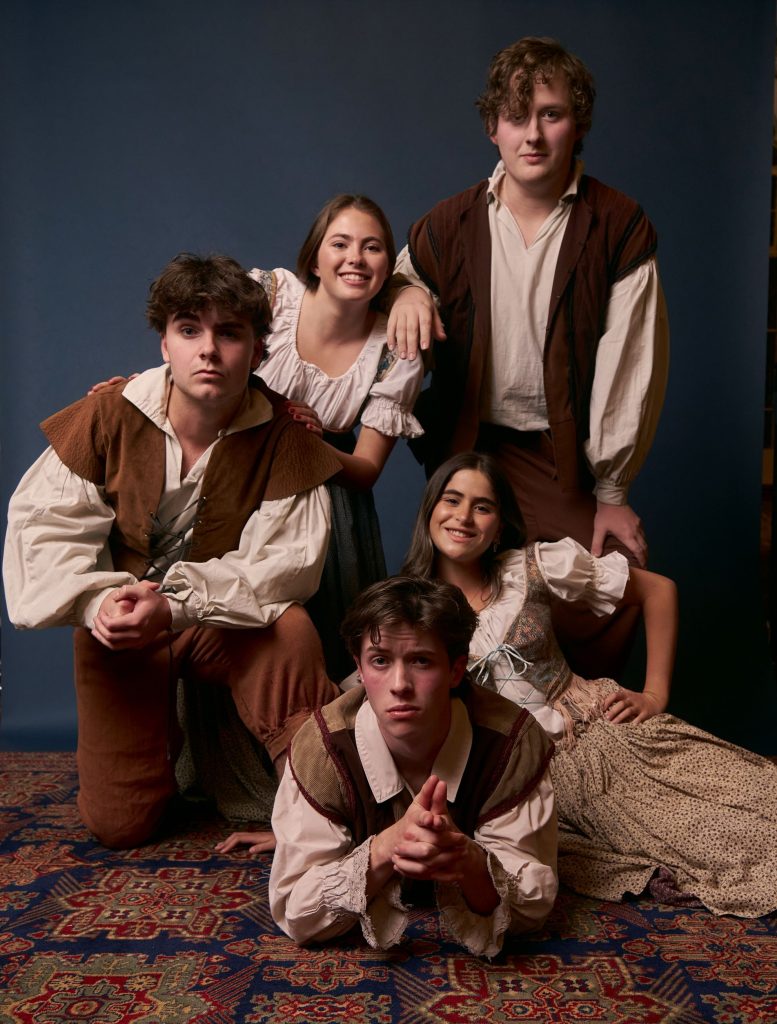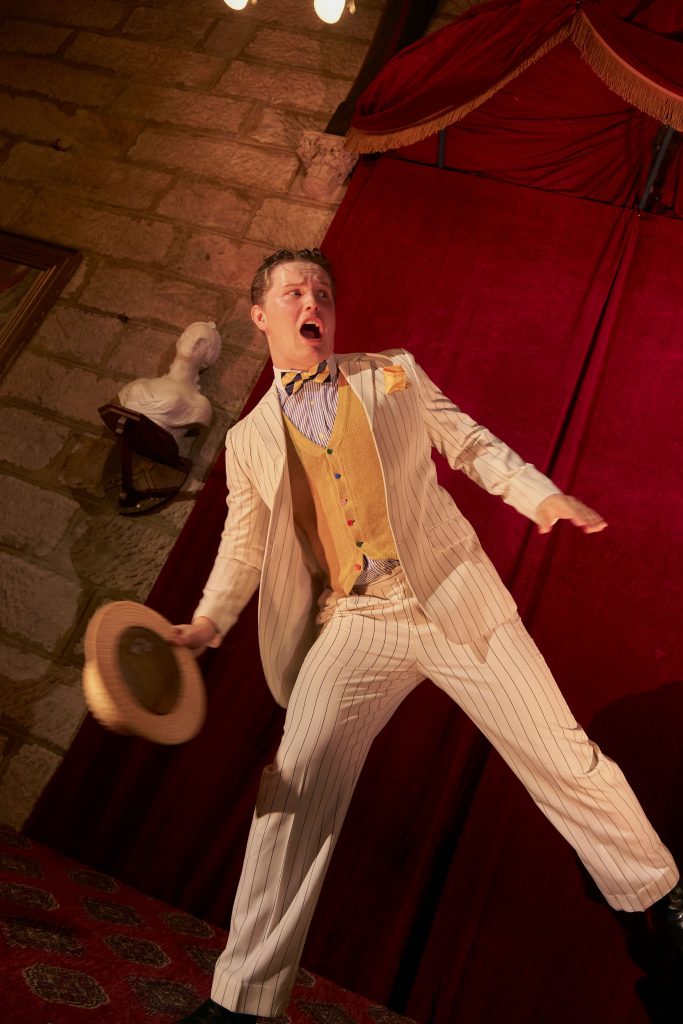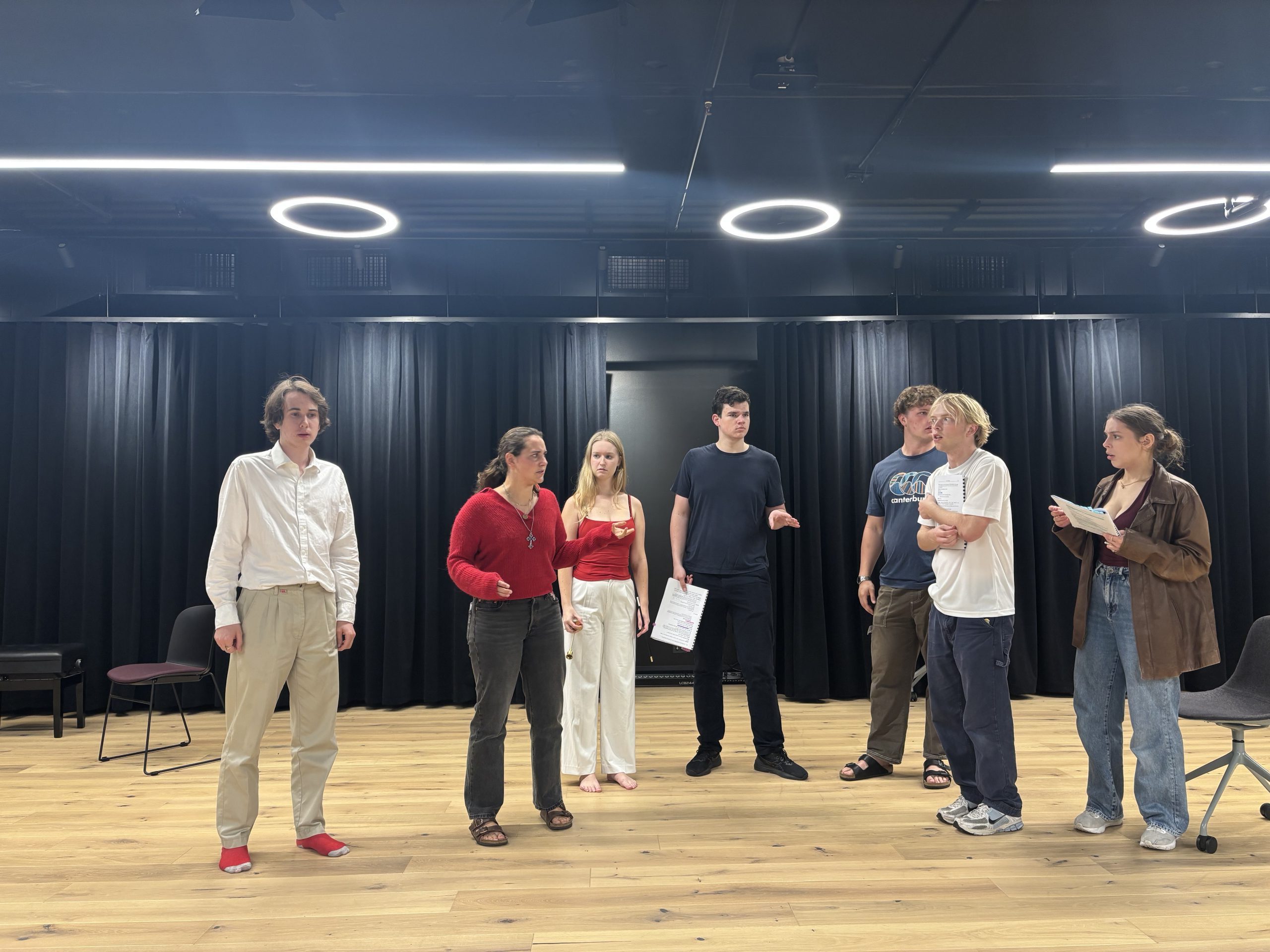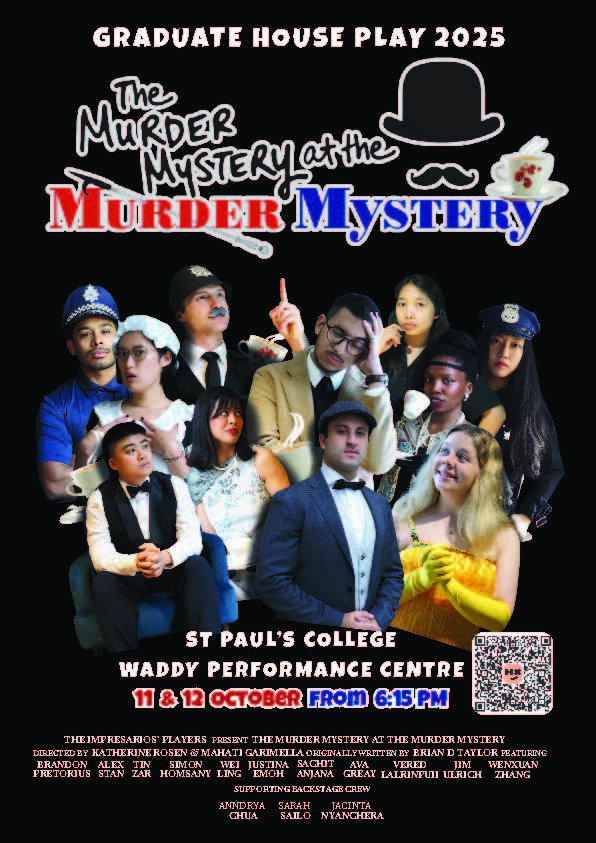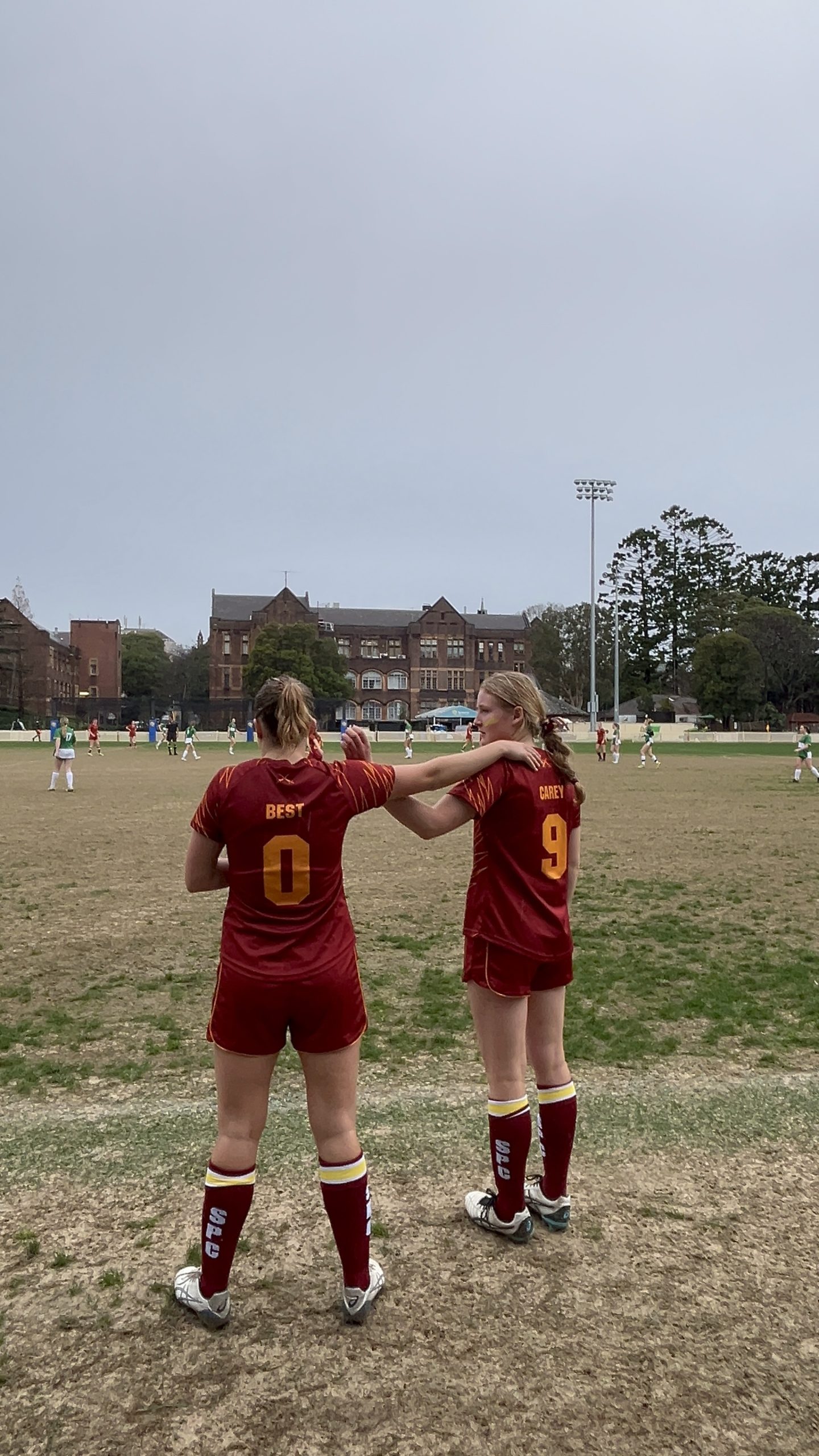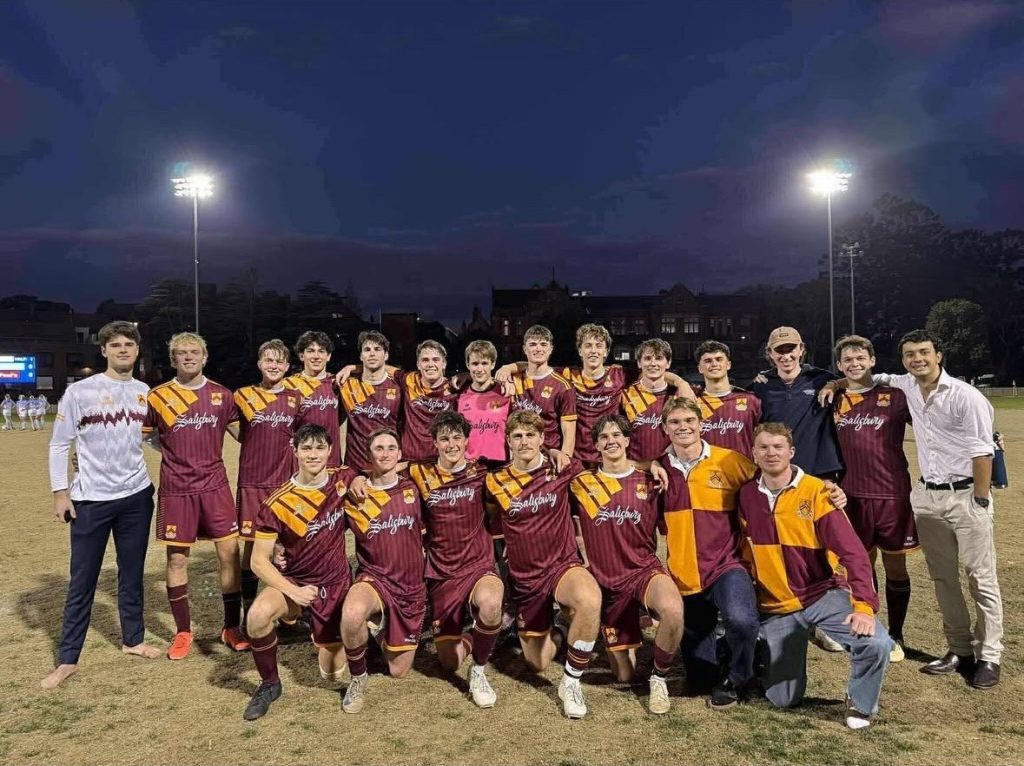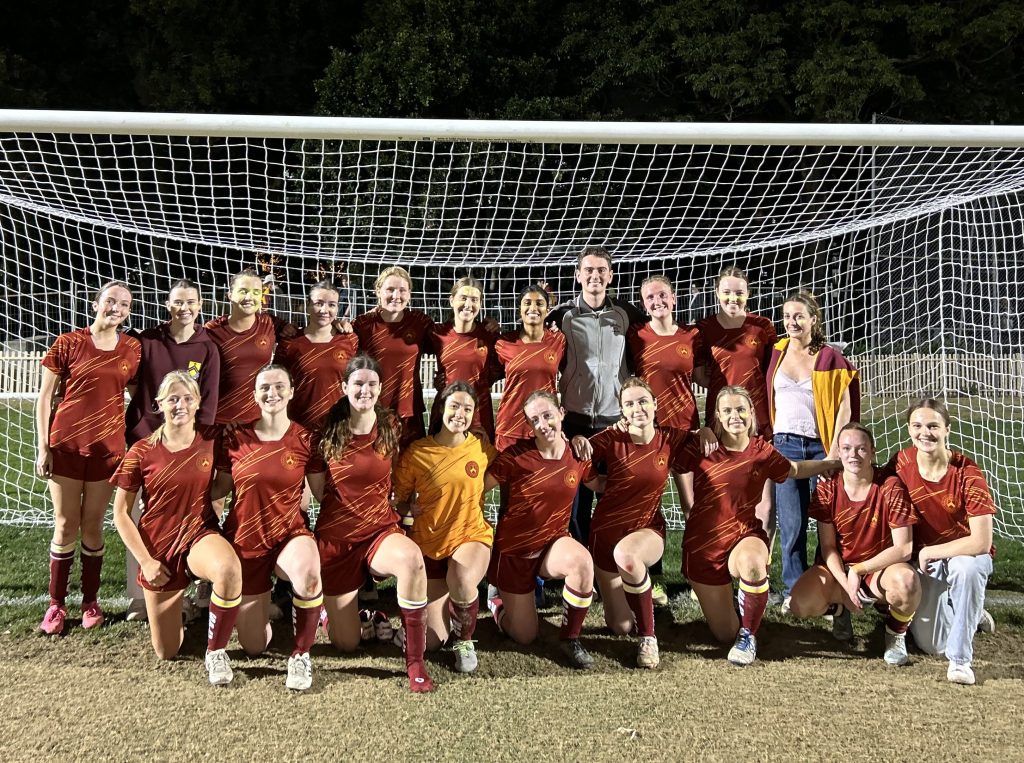On 29 October Valedictorians gathered for the traditional end-of-Semester 2 celebration, marking the completion of their time at St Paul’s College. The Valedictory Chapel Service serves as a symbolic ‘bookend’ to their journey—echoing the Welcome Week Service that began their College life and bringing the resident community together once more.
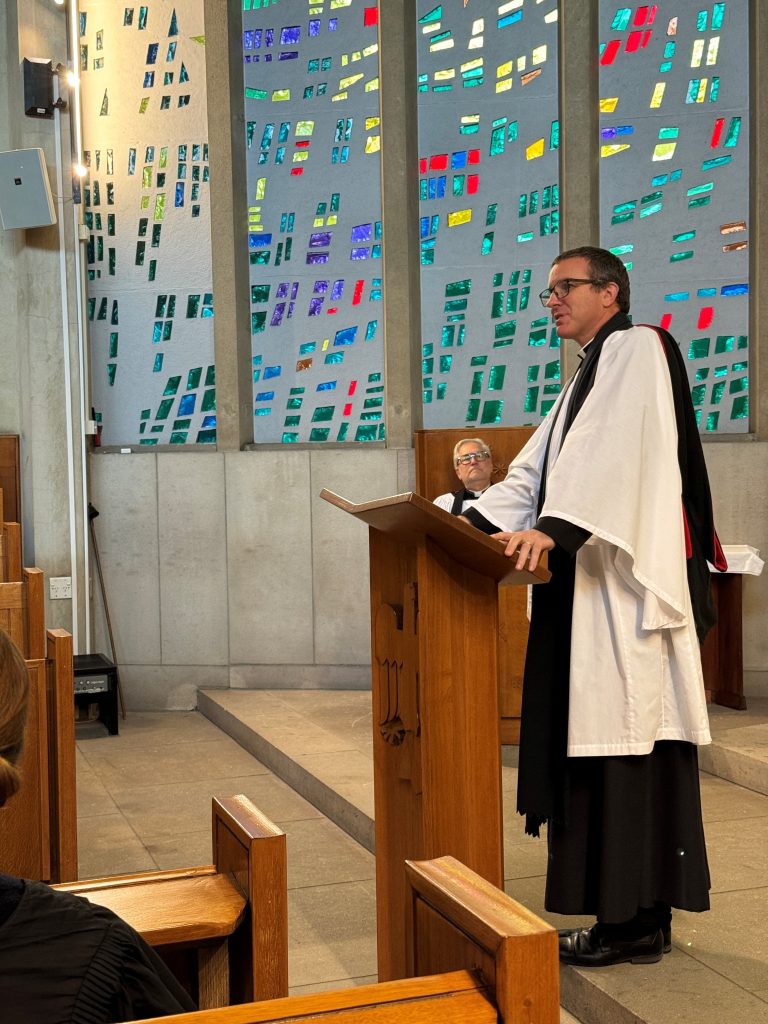
In his sermon, the Warden reflected on Abram’s journey through the land to what would become Jerusalem (Genesis 12: 1-9), drawing a parallel to the Freshers’ arrival at St Paul’s. He then turned to the Gospel of St John (19:28–37), where Jesus declares from the Cross, “It is finished”—Tetelestai in the original Greek. This powerful word, signifying the completion of Jesus’ earthly mission—where every prophecy concerning Him had been fulfilled, and the plan of redemption had reached its apex—was used to mirror the valedictorians’ own culmination of their College experience and contribution for God, for College, and for companions.
The first lesson was read by Kate Brenner (BE(Hons)(Mechatronics) III), and the second by Harry Scambler (BComm III). The choir, under the direction of valedictorian Gabe Desiderio (BMus(Performance) III), performed The Souls of the Righteous by Harry Bramma. Gabe has been a dedicated member of the choir since joining the College in 2023.
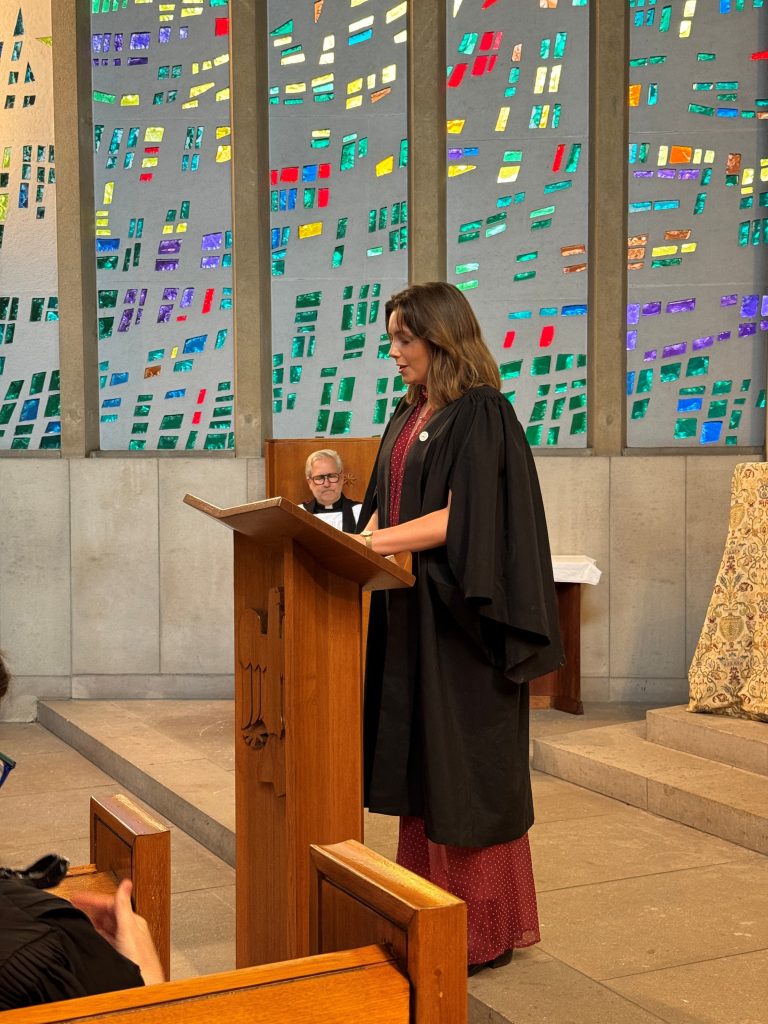
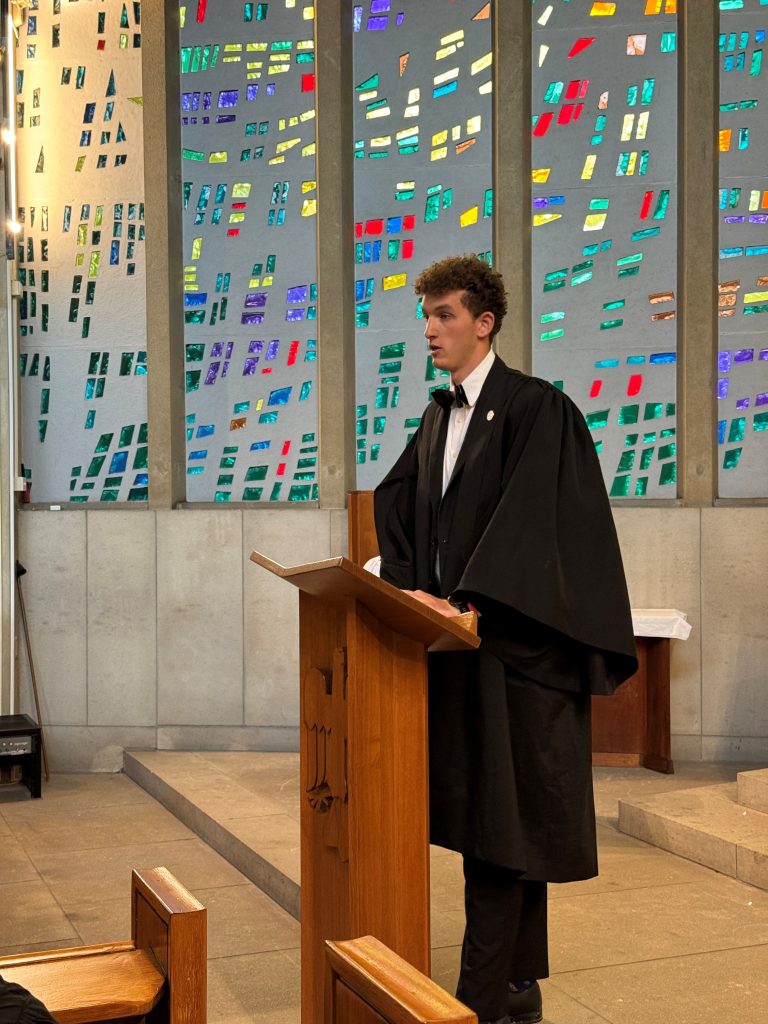
Following the service, the Valedictory Dinner celebrated 64 valedictorians, each honoured with a valete tribute. The Toast to the Valedictorians was proposed by 2026 Senior Student Heidi Best, while the Toast to the College was delivered by 2025 Senior Student Matilda Walker.
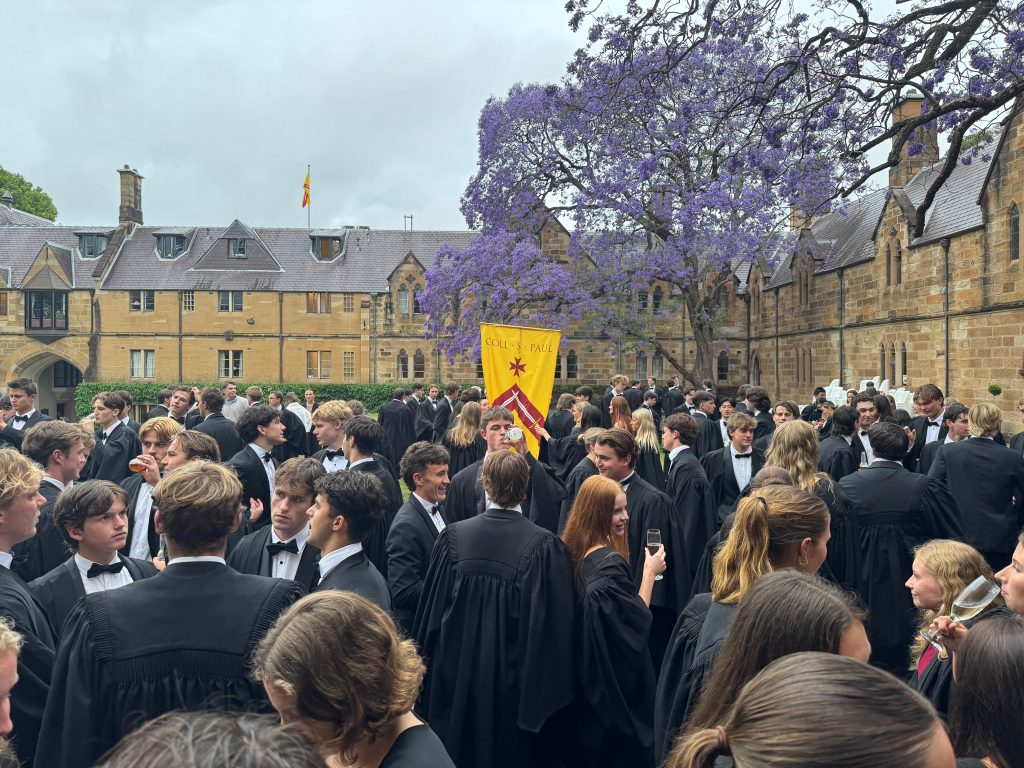
Tributes were shared by Max Anderson (BE(Hons) III), James Edwards (BE(Hons)(Aero) III), Jack Parker (BE(Hons) III / BA), Alexander Robinson (BE(Hons) IV / BComm), Timothy Robinson (BA III / LLB), Maddy Schmidt (BPharm III), Ben Scott-King (BComm III / BAdvStud), Amelia Tabary-Edwards (BComm III / BAdvStud), Lucy Tucker (BE(Hons) III / BComm), Angus Williams (BComm III), and Andy Xie (BAdvComp III).
The following College prizes for 2025 were presented by the Warden:
The Albert Medal for Instrumental Music was established in memory of Robert Albert AO (in College 1953–56), who later served as a Fellow and Bursar of the College, and was the Founder and Chair of the St Paul’s College Foundation:
Adam Wong
The Rechnitz Medal for Oratory was established in memory of Wilhelm Rechnitz, who served as Tutor at the College from 1946–47, and who founded the St Paul’s College Literary Society:
Kate Brenner
The Felix Arnott Medal for Drama was established in memory of The Most Rev’d Dr Felix Arnott, who served as Warden of the College from 1946–63, and later as Archbishop of Brisbane and Metropolitan of Queensland:
Freya Carmody
The Drury Medal for Singing was established in honour of David Drury, the long-serving Organist and former Director of Music at the College in residence since 1992:
Lucy Tucker
Gabe Desiderio (eq)
The Waddy Medal for Debating was established in honour of The Honourable Lloyd Waddy AM (College 1958–61), who later served as a Fellow and Chair of the College, was the Founder and Vice-Chairman of the St Paul’s College Foundation, and the Founder of Victoriana!.
Will Cox
The sports prizes are awarded to those participants in Rawson and Rosebowl who best demonstrate the values of teamwork, sportsmanship, and, of course, great skill and ability:
The Fresher Sportswoman for 2025:
Lola Cayzer
The Fresher Sportsman for 2025:
Will Powell
The Sportswoman of the year:
Ali Radford
The Sportsman of the year:
Ed Taylor
Service awards:
The Kokoda Award is awarded to the members of the Students’ Club Committee for their service to the college:
- Tilly Walker
- Jack Dawson
- Gus Gregg
- Kate Brenner
- Ollie Webster
- John Rowe
- Harry Scambler
- Will Cox
The Kokoda Richardson Service Award is awarded to the student who best represents the ideals of service, courage, endurance, mateship and sacrifice:
Katie Tyo
The Vessel of St Paul Himself is awarded to the student whose demeanour and involvement embodies the Pauline spirit and character – one who possesses and consistently demonstrates the qualities we hope to instil in all who attend this great College:
Ed Taylor
The Lehane Medal and Scholarship was established in memory of the late Justice John Robert Felix Lehane (in College from 1962 to 64), sometime Senior Tutor and Chairman of Council of the College. It is awarded to a student resident for at least three years who, by their participation in the activities of the College, and by their academic, cultural, sporting or other achievements, has made an exemplary contribution to the life and standing of the College:
John Rowe

